Our Schools
Continental International School (CIS)

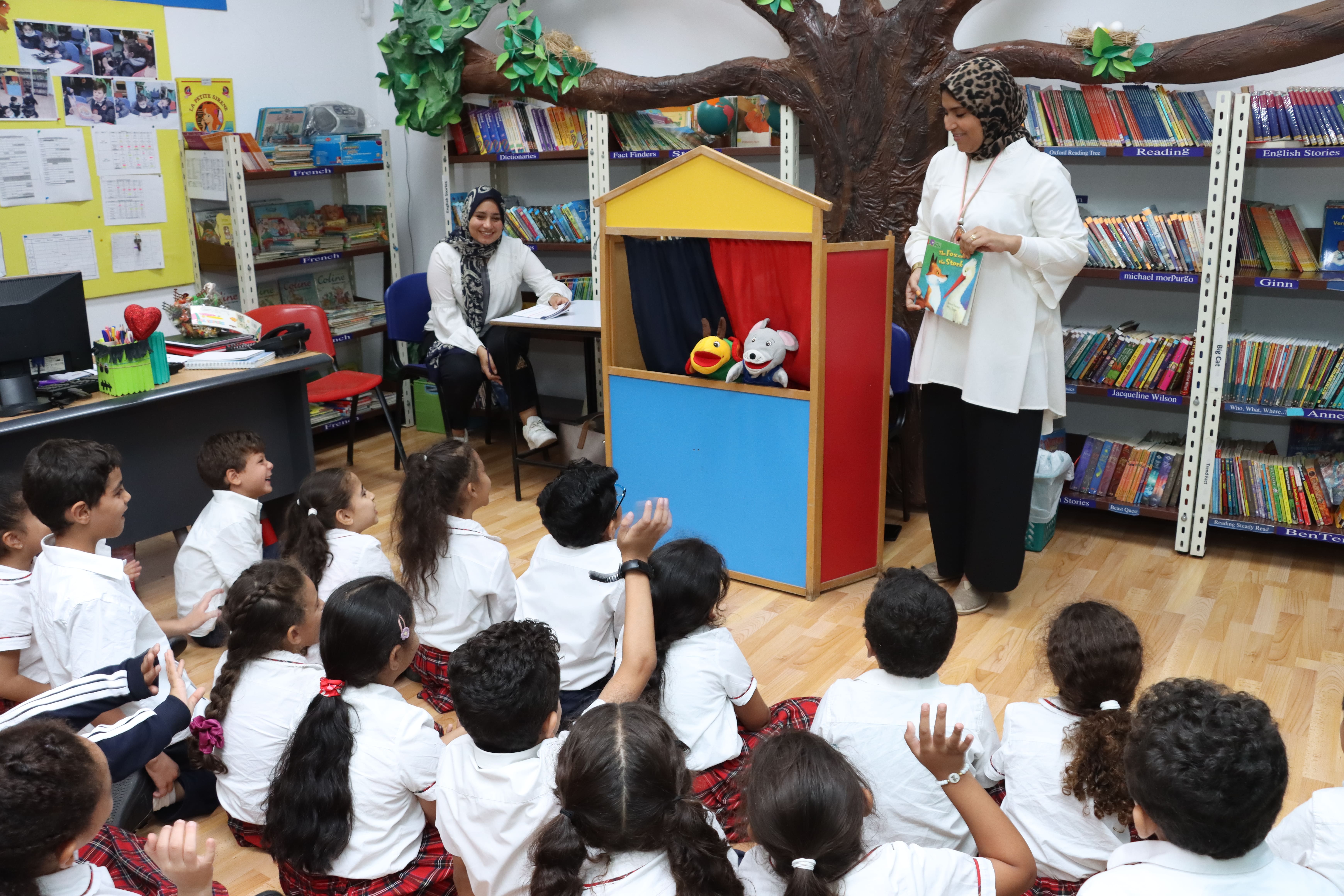


Overview
The CIS is a British International School that follows the National Curriculum of England in addition to teaching Egyptian Ministry of Education Arabic and religious studies. The CIS, although basing its curriculum largely on the UK model, also reflects our Egyptian culture. We provide an appreciation of the different cultures and religions from which our children come. The age requirements below is as stipulated by the Egyptian Ministry of Education.
| School Year | Students Age – minimum age requirement | Notes |
|---|---|---|
| Early Years Foundation Stage - EYFS | ||
| Foundation | 3.6 years | |
| Reception | 4.6 years | |
| Primary School | ||
| KEY STAGE 1 | ||
| CIS 1 | 5.6 years | |
| CIS 2 | 6.6 years | |
| KEY STAGE 2 | ||
| CIS 3 | 7.6 years | |
| CIS 4 | 8.6 years | |
| CIS 5 | 9.6 years | |
| CIS 6 | 10.6 years | Check Point Year |
| Senior School | ||
| KEY STAGE 3 | ||
| CIS 7 | 11.6 years | |
| CIS 8 | 12.6 years | Check Point Year |
| CIS 9 | 13.6 years | |
| KEY STAGE 4 | ||
| CIS 10 | 14.6 years | IGCSE |
| CIS 11 | 15.6 years | IGCSE \ A Levels |
| CIS 12 | 16.6 years | IGCSE \ A Levels |
How is the British System of education organised?
As the above table illustrates, the British System of Education is organised into (Key Stages). These Key Stages are then divided into Year Groups which make up the structure of the curriculum.
What year should my child be in?
The Egyptian Ministry of Education works on October 1st as the key entry date for each school year. It is the age of children on this date that determines the year group to which they belong.
Early Years
Early Years Foundation Stage – EYFS
The Early Years School is committed to ensuring that our youngest children embark on their learning journey with a sense of awe and wonder, in an environment where they feel safe, secure and excited to learn. Our strong home-school relationships are fundamental in ensuring that all our children are happy, confident learners.
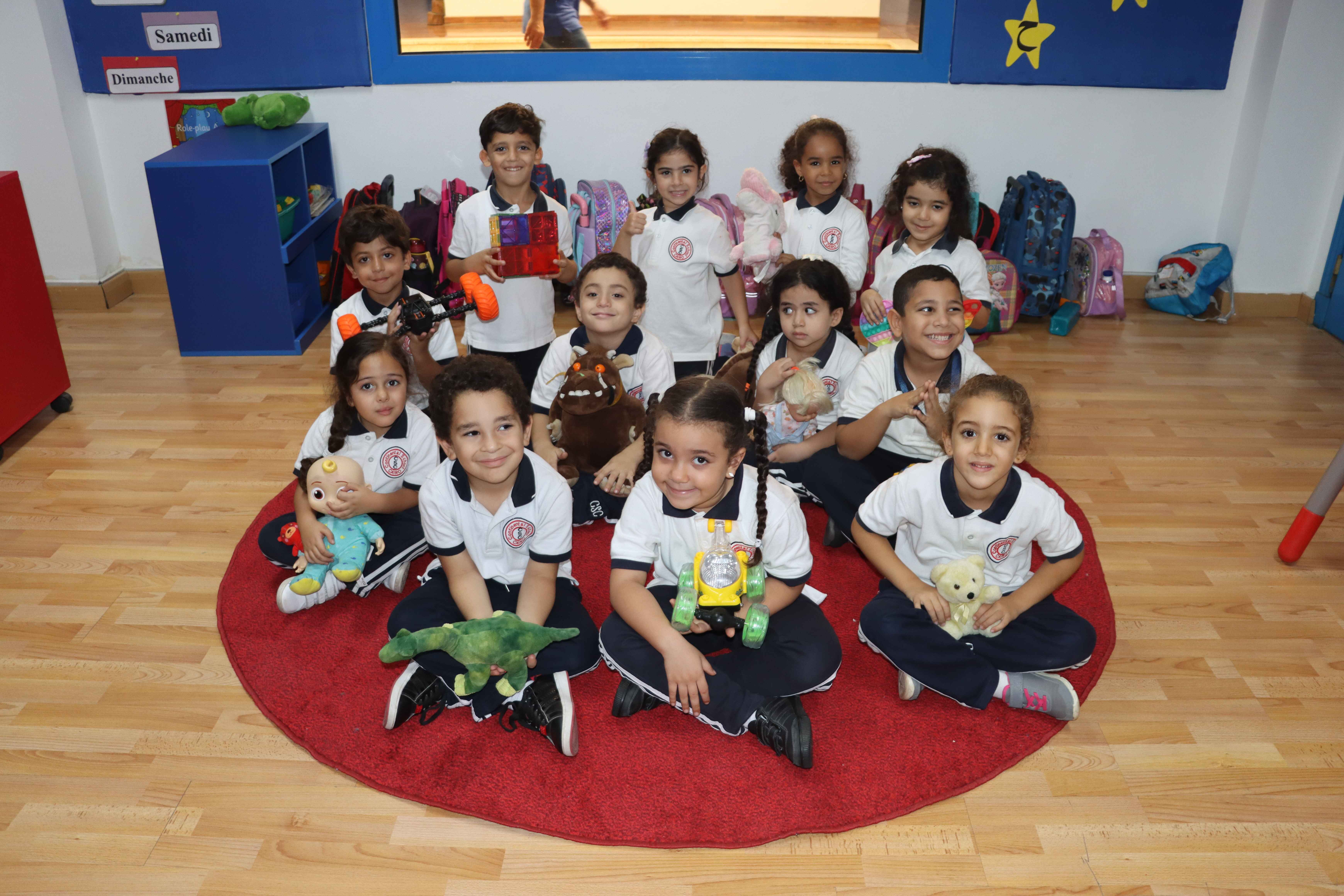
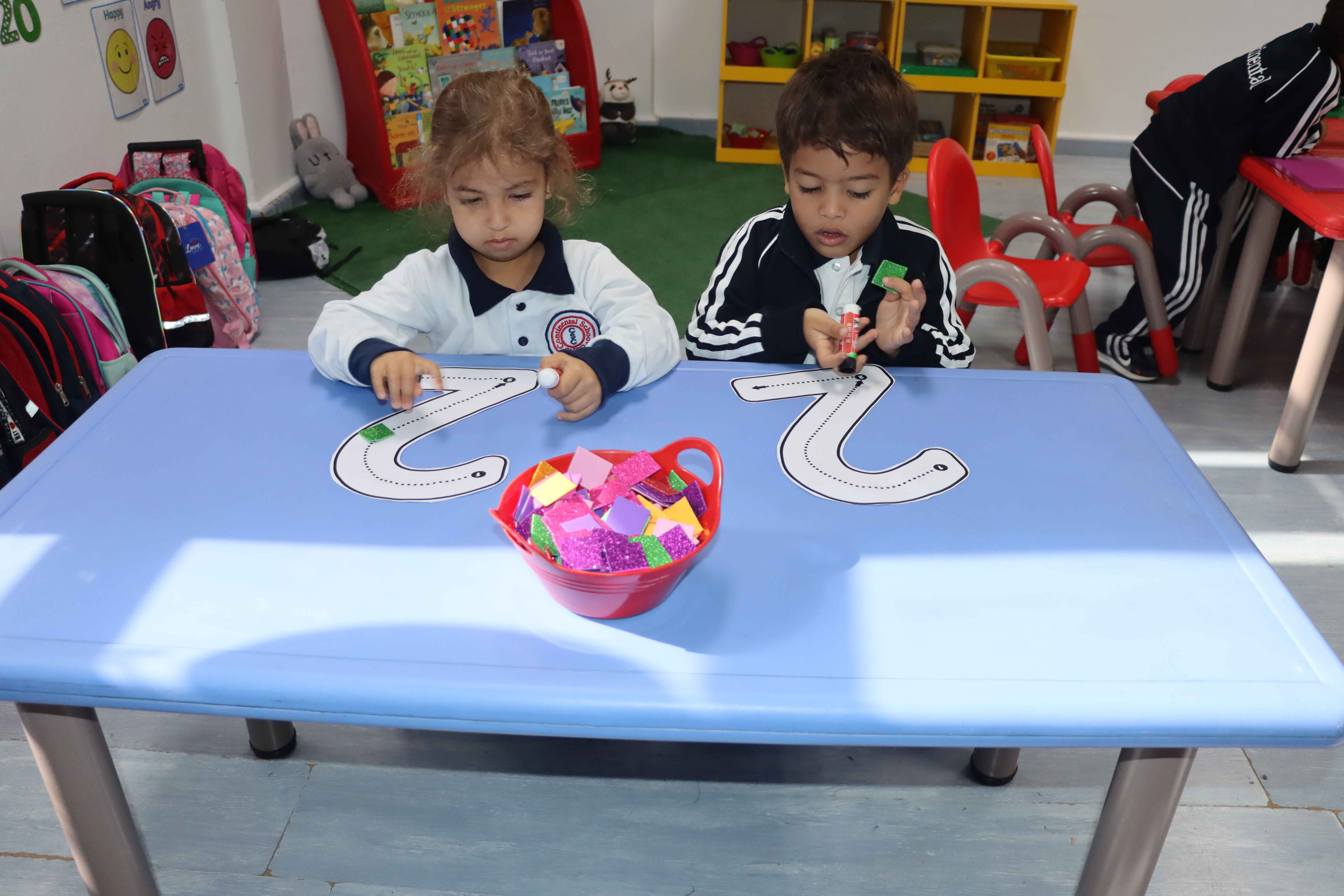
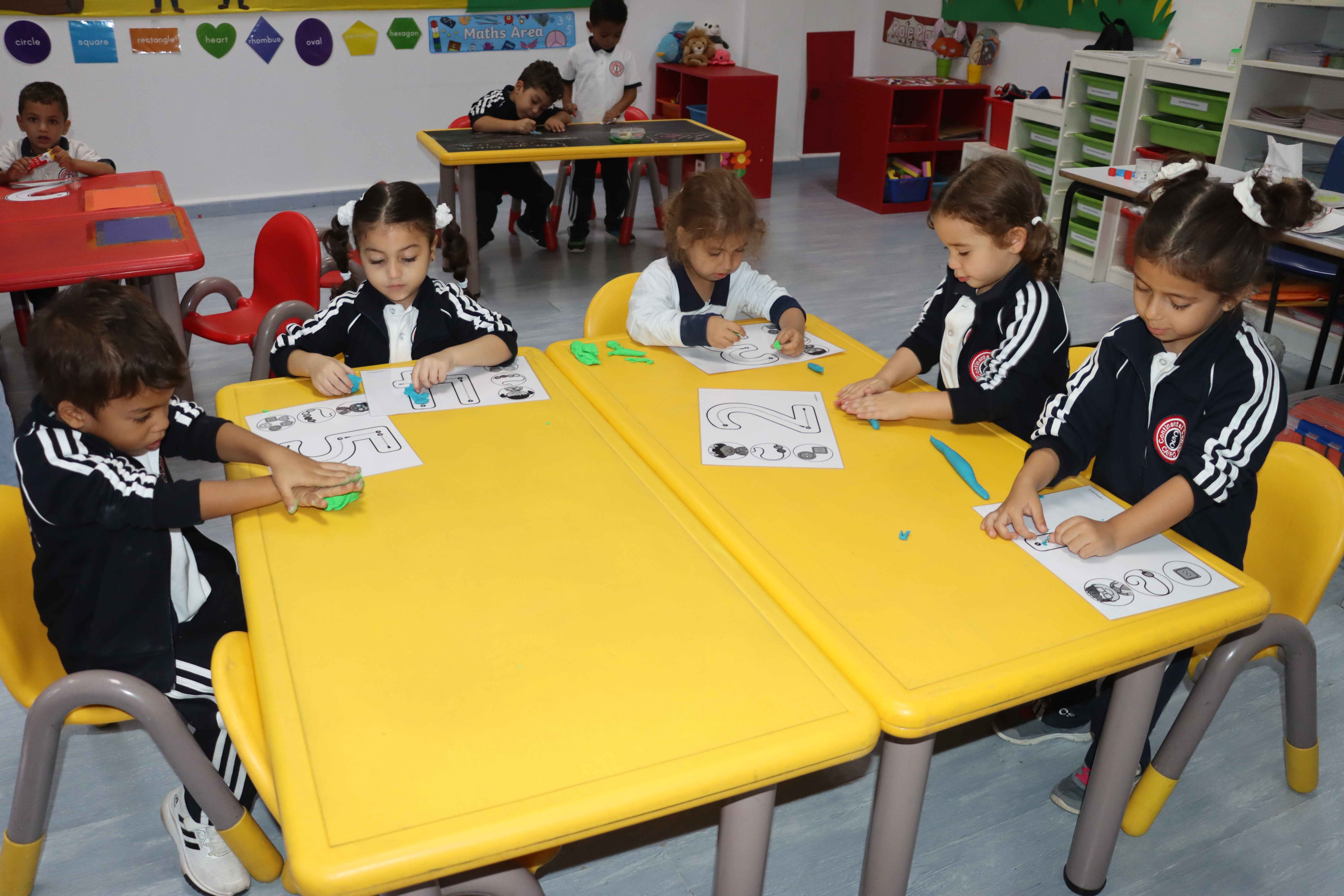
A love of learning
In EYFS we lay the strongest foundations for the total development of each individual through a nurturing and child-centred approach. We cultivate a love of learning and an enchantment with books, language and self-expression, as well as a genuine interest in numerical concepts by providing creative and integrated learning experiences in a stimulating environment where children feel valued, confident and independent.
Programme of work
The Foundation and Reception classes use the Foundation Stage curriculum and the Foundation Stage profile as outlined in the British Education System.
Foundation
The Foundation curriculum is divided into 6 separate areas of learning:
- Knowledge and understanding of the world
- Creative development (music, construction, role play)
- Language and the concept of literacy
- Numbers and the concept of mathematics
- Personal, social and emotional development
- Physical development
Reception
In the Reception classes, a timetable of teacher-directed and curriculum-based activities focuses on:
- Phonics and whole word reading.
- A daily Literacy time based on whole class, group and individual activities.
- Building language skills through books and literature, role play, rhymes and poetry.
- Simple practical mathematics and mathematical ideas.
- Physical Education.
- Music
- Library time
Outstanding resources
We are proud of the impressive resources that enrich the learning of our EYFS students as they embark on the Foundation Stage of the British National Curriculum. Custom-built classrooms with colourful displays of student work and state-of-the-art technologies are clustered around common teaching areas, computer suites, book areas and specialist facilities for creative play and first-hand experiences.
We have a dedicated Lower School Library, a health centre staffed by a qualified full time doctor, fully equipped outdoor play areas and a shallow pool for the youngest students. Children’s intellectual, emotional, social and physical development is supported by our caring classroom teachers and their full-time teaching assistants as well as specialist teachers in music, languages and physical education. Learning support specialists provide assistance to children who need a little extra help. Our school Psychologist also oversees the development of children’s social and emotional skills, providing individualised attention when necessary.
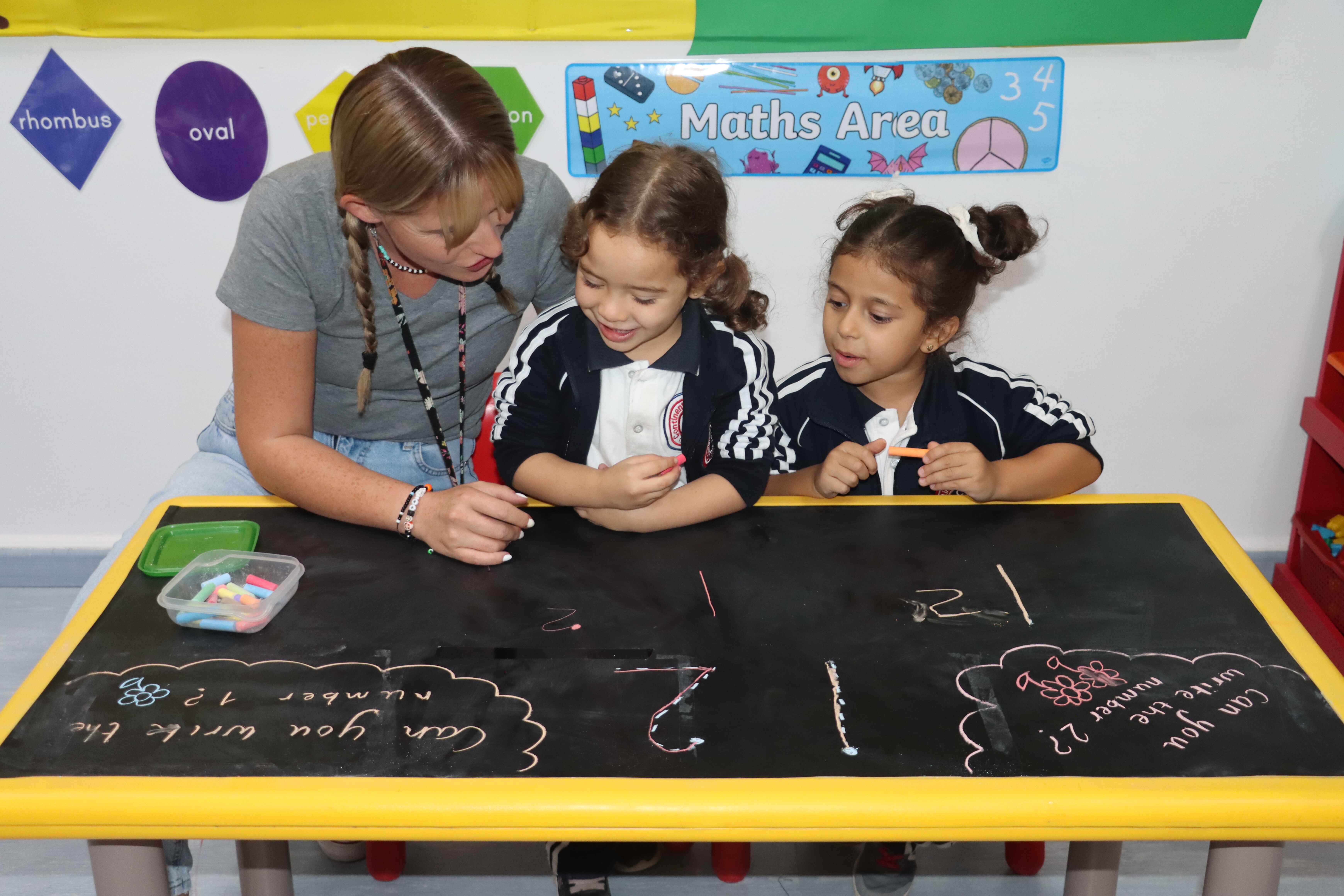
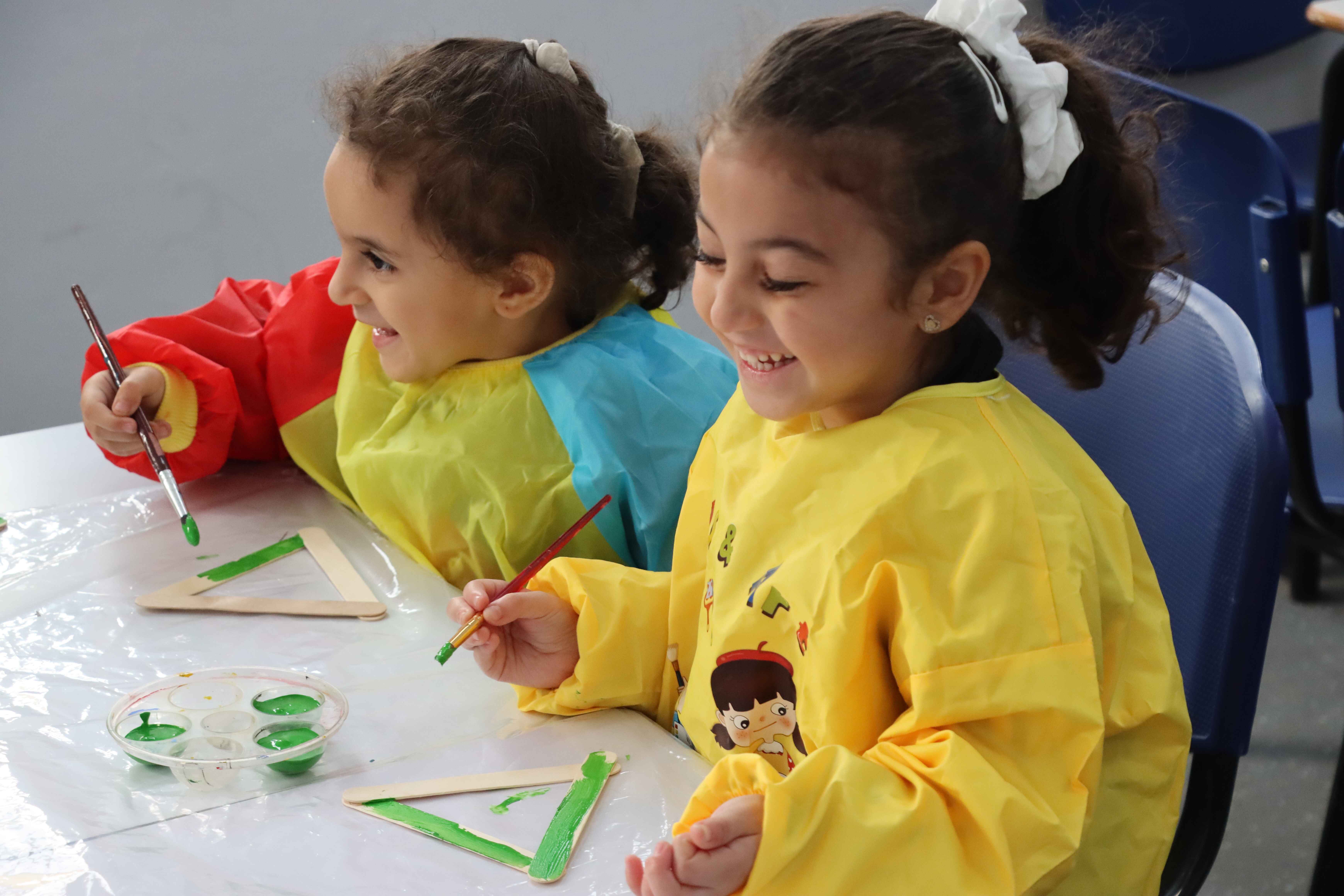
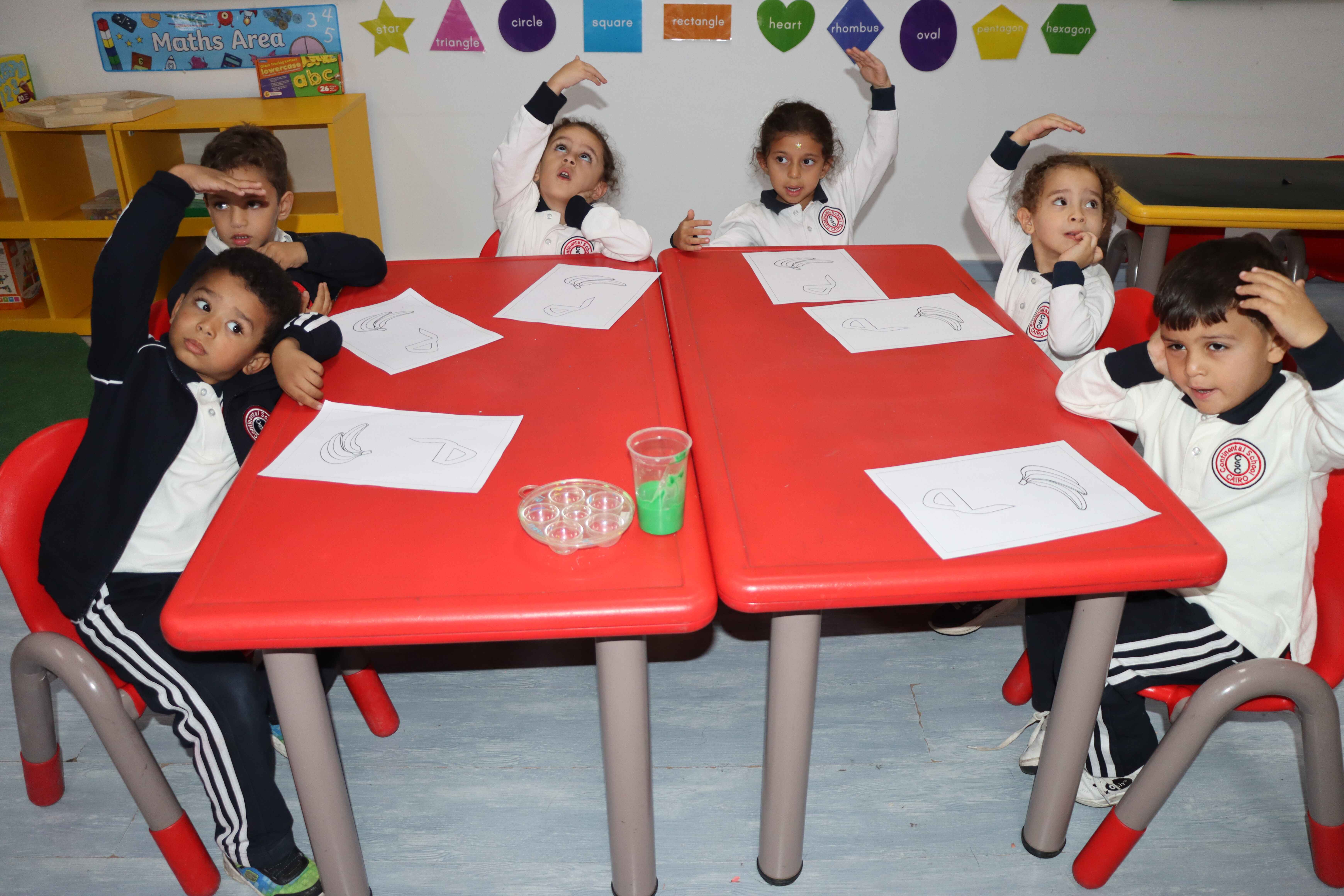
Primary School
Primary School – Key Stages 1 & 2
CIS provides a stimulating environment that inspires and motivates students in their academic, sporting and cultural development. As children progress from Foundation to stage to Key Stage 1, emphasis is placed on the further acquisition of skills and understanding in literacy and numeracy. Learning is meaningful and field study trips extend classroom activities. Teaching strategies are varied according to the purpose of a task and the needs of each child. A creative cross-curricular approach is underpinned by a structured framework for teaching English, Mathematics and Science. A strong pastoral system nurtures positive relationships; promoting an ethos that values and celebrates students as individuals while fostering a strong sense of community.
Building on strong foundations
The transition from Key Stage 1 to Key Stage 2 presents students with exciting new challenges. The school day becomes more formally structured and students are encouraged to take on new responsibilities as they work towards becoming independent learners. The Primary School’s warm and caring environment facilitates a holistic approach to learning that provides students with a wide range of opportunities to guide their academic, personal, social and physical development.
All teachers (class and specialist) and those in learning support, work creatively to capture the interest of boys and girls and to make their learning personalised, enjoyable and meaningful. A range of contemporary teaching strategies are employed. The British National Curriculum provides the basis for the programmes of study but these are enhanced and enriched to reflect the calibre of our students and the school’s international setting. In addition to the National Curriculum subjects, the students have weekly French, Arabic and religious lessons from the start of Year 1.
At the end of Key Stage 2, students sit for the Cambridge Primary Checkpoint assessment, which is considered their first official external examination. The purpose of this is to assess learning outcomes at the end of Key Stage 2 and use the comprehensive report issued by Cambridge to make strategic decisions, drawing upon a pool of information and specialist reporting tools that are built into the tests.
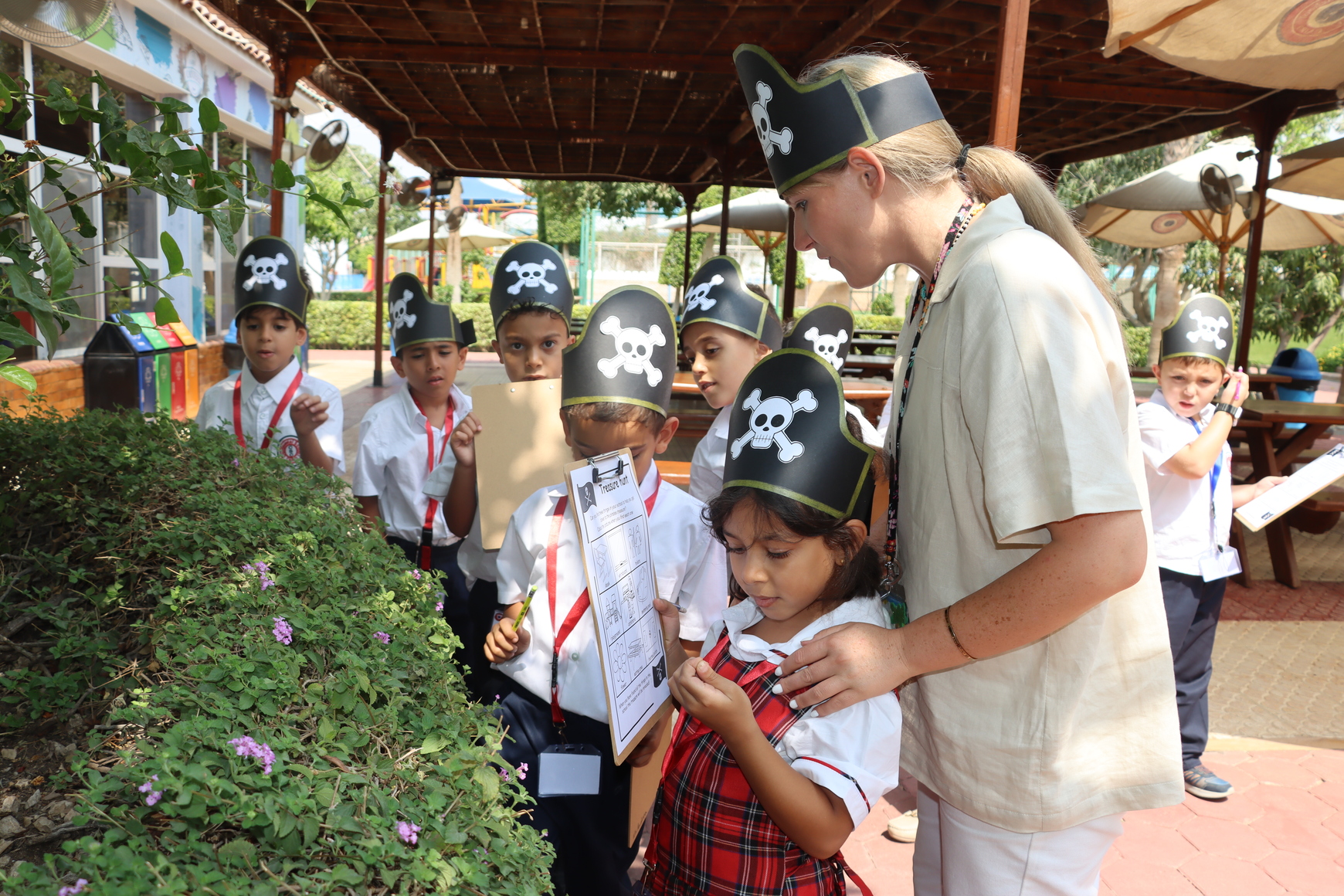
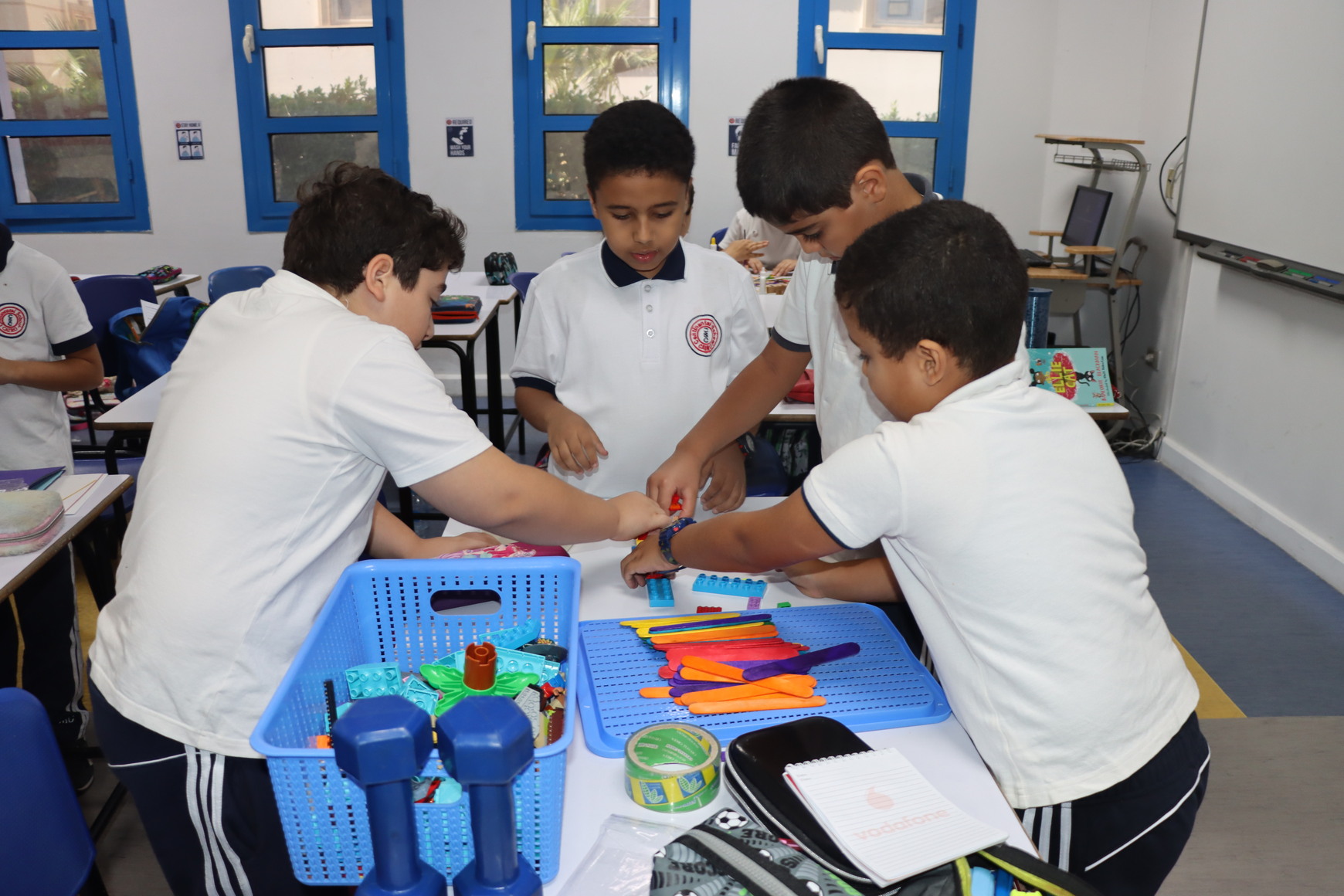
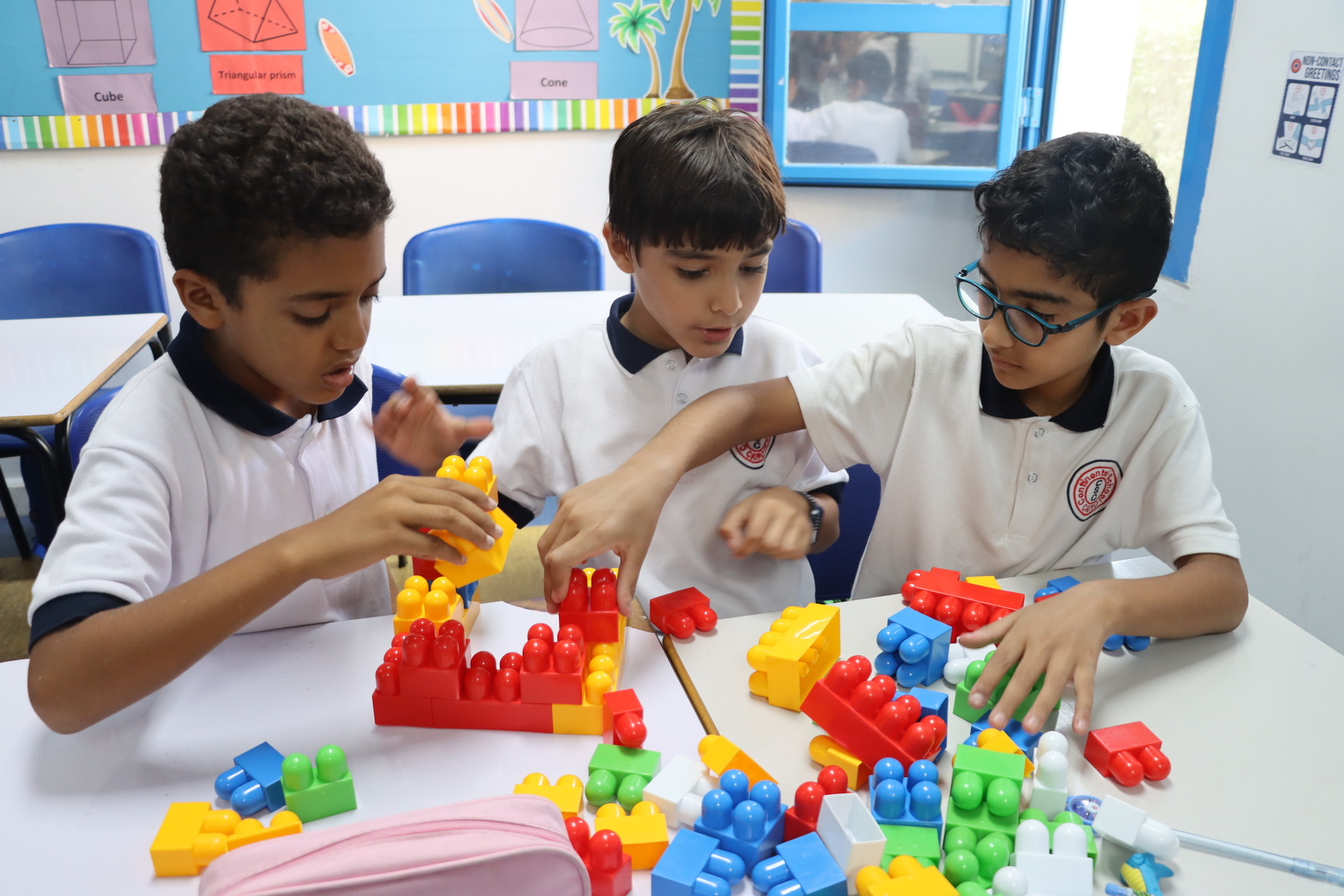
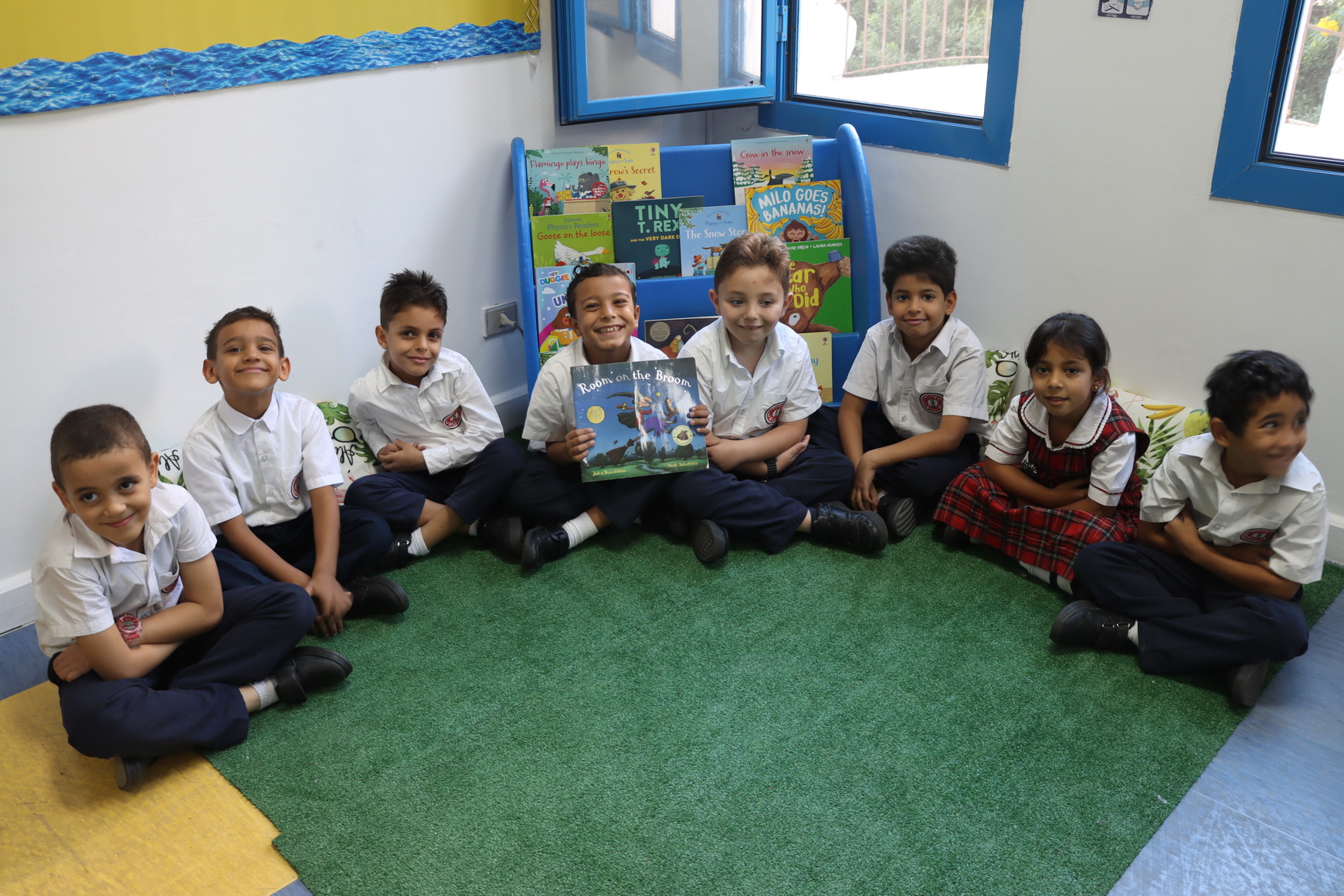
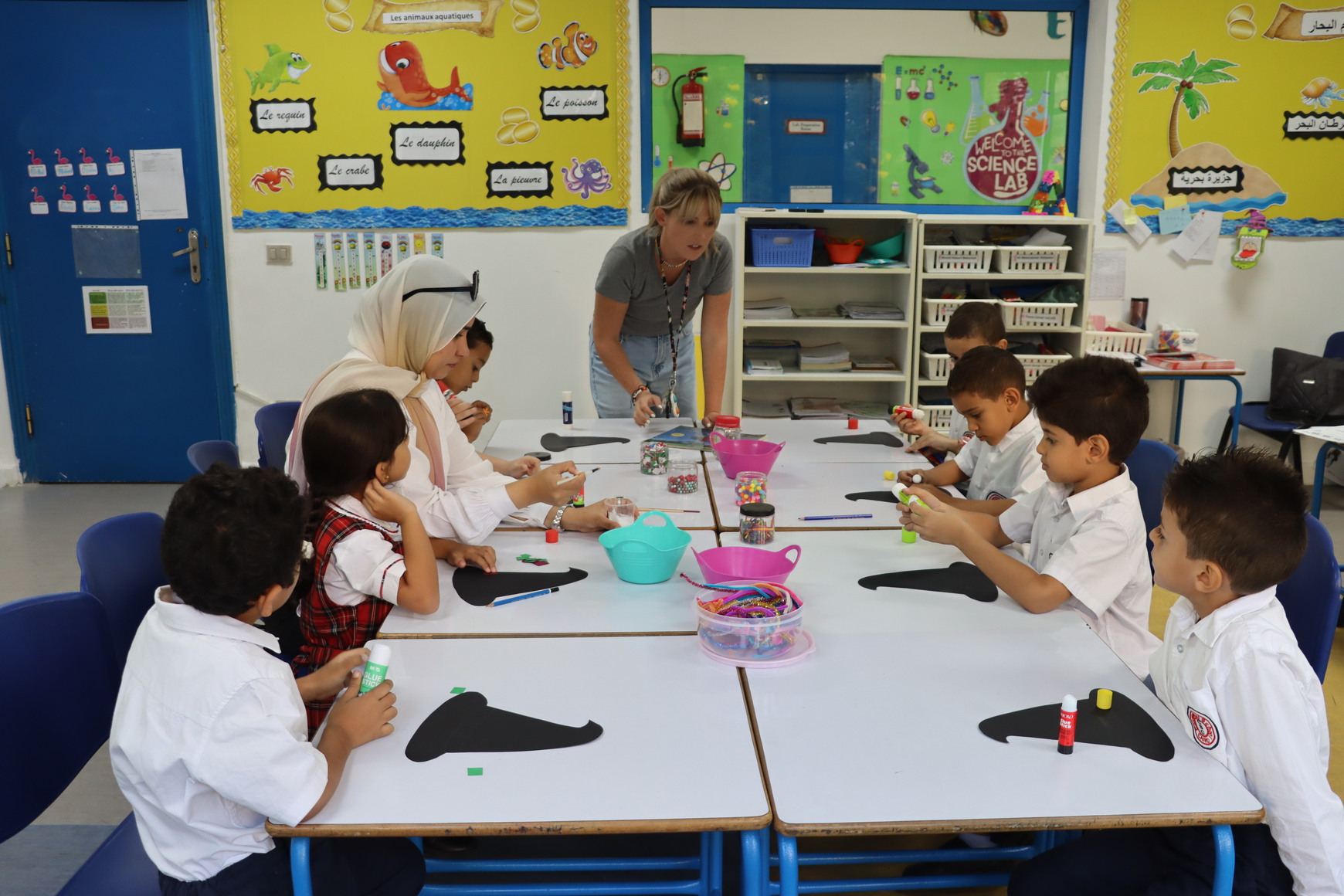
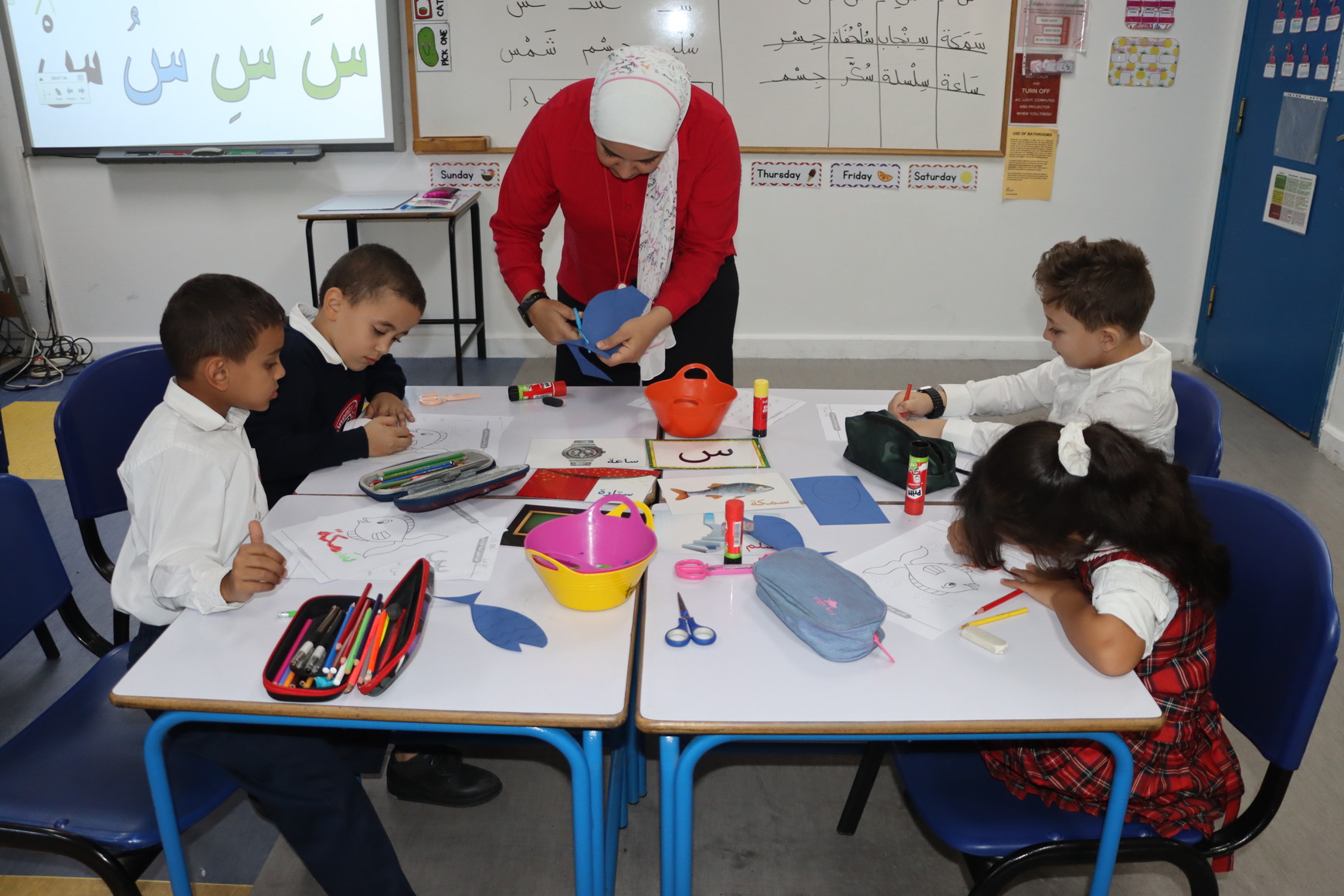
Senior School
Senior School -Key Stages 3 & 4
As students transition from Primary to Senior school, the academic requirements increase and all the skills of self management, perseverance and hardwork learnt in the years prior, come into force.
Key Stage 3
Years 7 & 8 are a combined year, at the end of which students sit for the Cambridge Lower Secondary Checkpoint exam. Checkpoint monitors individual and group performance at the end of the Lower Secondary programme. These external tests are marked by Cambridge International and feedback is given to parents in the form of a comprehensive report.
Year 9 students study 5 core IGCSE subjects for which they sit school-based Mock exams for at the end of the year. This aims to prepare students for the upcoming IGCSE years where grades determine university acceptance.
Cambridge Checkpoint
Checkpoint tests, and the curricula developed for them, are specially designed for students who will take courses later which lead to IGCSE examinations in English, Mathematics and Science.
The tests are provided by Cambridge International Education (CIE). Cambridge qualifications are taken in over 150 countries and are recognised around the world. The main aim of Checkpoint is to help students learn which parts of the subject they are good at and in which parts they need to make extra effort, in addition to providing the school with detailed information about their strengths and weaknesses.
It should be noted that Checkpoint has been developed as a diagnostic tool: it is NOT an examination which features ‘pass’ or ‘fail’ grades.
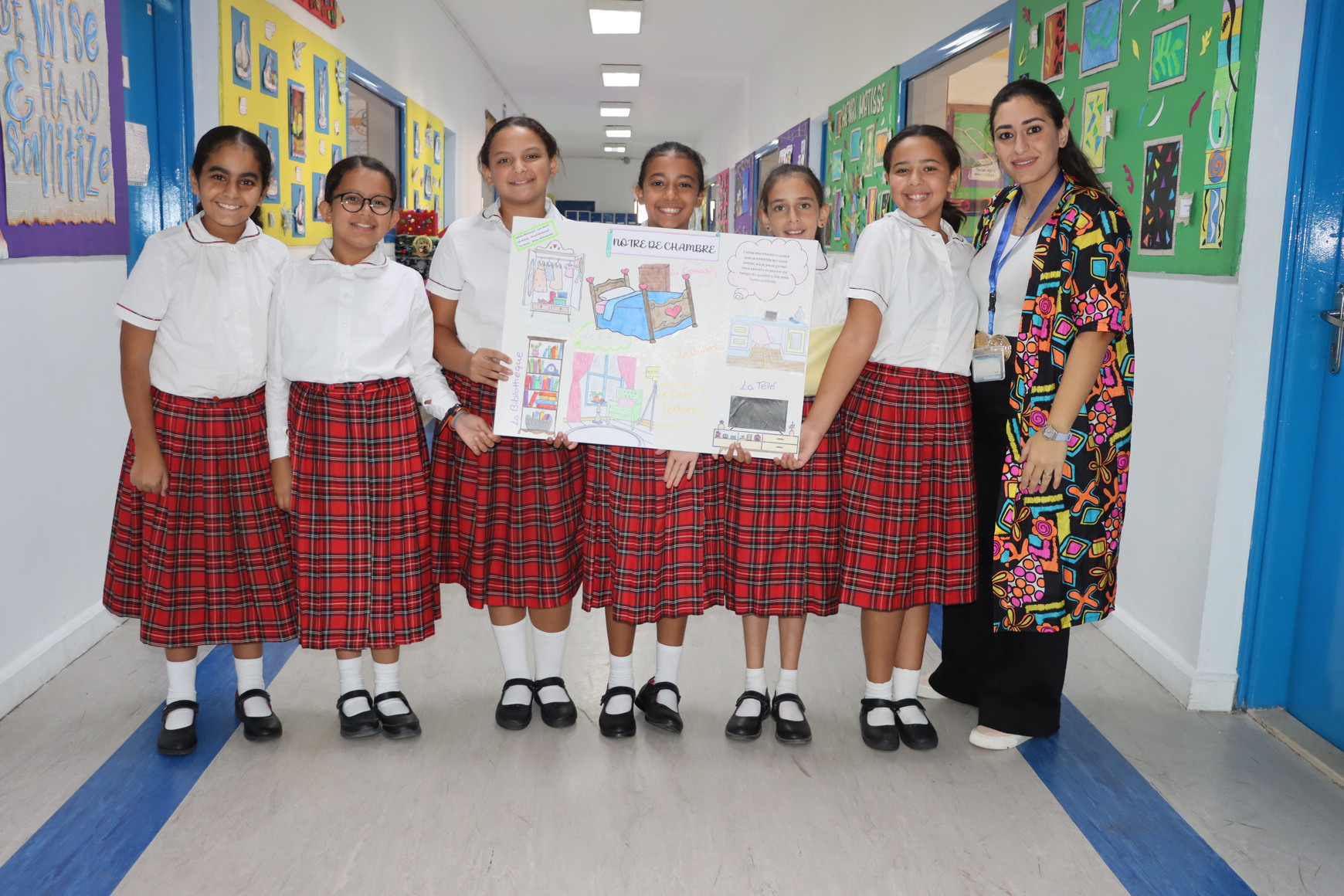
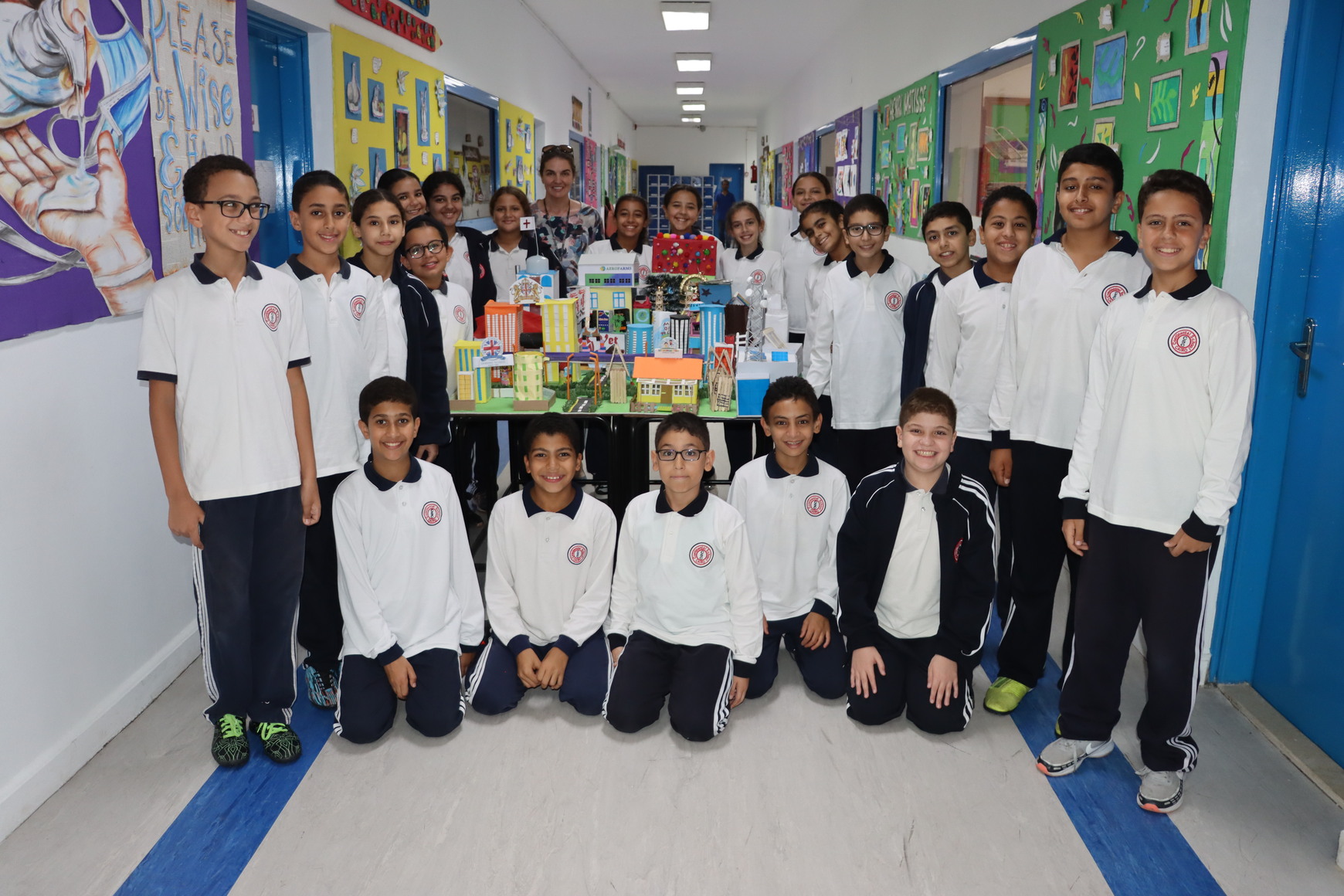
IGCSE
IGCSE - Key Stage 4
Years 10 and 11
The International General Certificate of Secondary Education examinations have been developed to provide a wide-ranging, rigorous evaluation of students’ abilities. Increasingly, schools in the U.K. are moving over to the IGCSEs as they are perceived to be more demanding and balanced than the GCSEs generally taken there and they are not subject to input from the U.K. Education Ministry, meaning that they can be written and administered without bias or pressure from outside the examination board.
IGCSE grades are accepted worldwide as accurate indicators of a student’s ability within his or her chosen subjects.
Having completed Year 9 all students commencing CIS Year 10 are required to study: English Language, Mathematics, ICT and an elected subject. Once year 10 has been completed and the 4 IGCSEs have been successfully achieved, students are required to study a further 4 subjects during the next school year (Year 11) with an option to also sit one other subject at the extended (AS) level.
IGCSE subjects currently on offer include:
- English
- Mathematics
- Chemistry
- Biology
- Physics
- ICT
- Accounting
- Art and Design
- Arabic
- History
- Geography
- Economics
- Business Studies
IGCSE Year 12
During this final year at school students will have successfully completed their 8 IGCSEs together with any retakes and extended subjects. Dependent upon the entry requirements of their chosen university, students are given the option to complete their extended subjects (A2) and/or take further AS examinations.
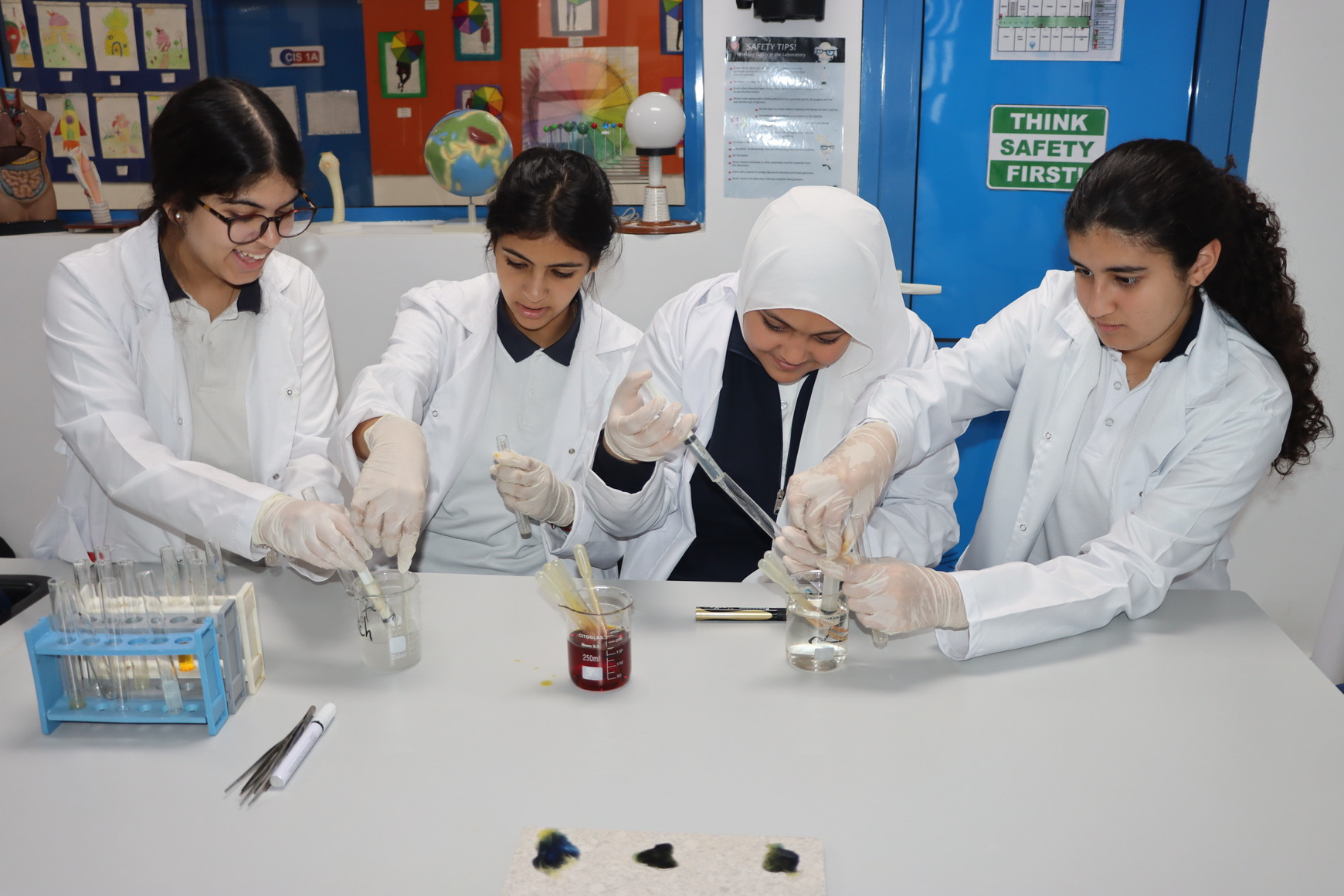
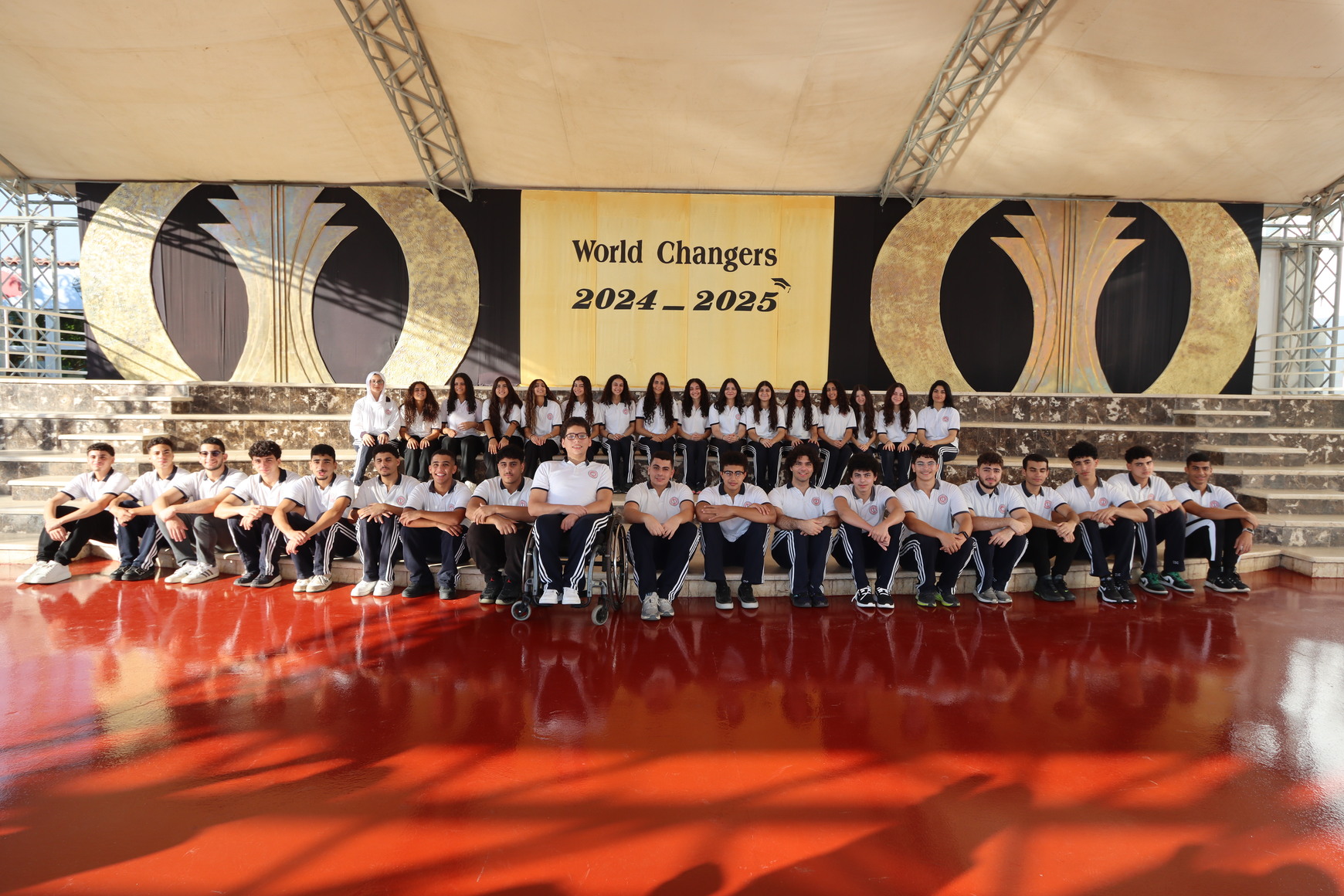
Core Subjects Overview
English
The teaching of English should develop students’ abilities to use language effectively, to communicate in speech and writing and to respond with understanding and insight to a wide range of texts. Whilst speaking and listening are not tested at this level, their importance in language development is such that they play a major part in the curriculum alongside reading and writing. Our integrated curriculum incorporates speaking and listening supporting learning.
The Cambridge Secondary 1 English curriculum promotes an enquiry based approach to learning to develop thinking skills and encourage intellectual engagement. The curriculum is presented in five content areas. Phonics, spelling and vocabulary and Grammar and punctuation related to use of English. Grammar and punctuation is further divided into Reading and Writing to reflect the different ways in which grammar and punctuation are applied in each of these skills. Reading, Writing, and Speaking and listening are about developing thinking skills and encouraging intellectual engagement. The learning objectives span knowledge and understanding and other qualities.
This curriculum encourages learners who are confident, creative and intellectually engaged, capable of applying their skills to respond to a range of information, media and texts with enjoyment and understanding.
The Cambridge Secondary 1 English curriculum framework provides a solid foundation upon which the later stages of education can be built.
Mathematics
Mathematics should develop students’ abilities to manipulate numbers and solve a range of numerical problems. It should allow students to interpret charts and tables and to understand the concepts of numbers and shapes. Although mental arithmetic strategies are key skills in Mathematics, they are not assessed in the Checkpoint tests, although they play an important role in developing students’ skills in Mathematics and are, therefore, included in the curriculum.
As most examinations consist of a paper which allows the use of a calculator, and another which does not, it is important that students are able to solve problems in both situations.
The Cambridge Secondary 1 mathematics curriculum is presented in six content areas: Number, Algebra, Geometry, Measure, Handling data and Problem solving. The first five content areas are all underpinned by Problem solving, which provides a structure for the application of mathematical skills.
Mental strategies are also a key part of the Number content. Together, these two areas form a progressive step preparing students for entry onto IGCSE level courses. This curriculum focuses on principles, patterns, systems, functions and relationships so that learners can apply their mathematical knowledge and develop a holistic understanding of the subject. The Cambridge Secondary 1 Mathematics curriculum framework provides a solid foundation upon which the later stages of education can be built.
Science
Science should develop the skills and processes necessary for the understanding of scientific concepts in the world around us. Our framework of study describes the topics which will be assessed in the areas of Biology, Chemistry and Physics. Where possible, these topics are approached through practical work and are related to everyday experience.
The Cambridge Secondary 1 Science curriculum is presented in four content areas: Scientific enquiry, Biology, Chemistry and Physics.
Scientific enquiry is about considering ideas, evaluating evidence, planning investigative work and recording and analysing data. The Scientific enquiry objectives underpin Biology, Chemistry and Physics, which are focused on developing confidence and interest in scientific knowledge. Environmental awareness and some history of science are also incorporated. The Cambridge Secondary 1 Science curriculum framework provides a solid foundation upon which the later stages of education can be built.
ICT
At our school, we consider ICT a crucial part of the curriculum because it equips students with the essential 21st-century skills needed to thrive in an increasingly digital world. As technology continues to evolve, it is vital that students develop the ability to navigate, understand, and innovate using digital tools. ICT fosters skills such as critical thinking, problem-solving, communication, and collaboration, which are key to success in both academic and professional settings. By integrating ICT across subjects, we ensure that students are not only proficient in using technology but are also prepared to adapt to the rapidly changing technological landscape, empowering them to become confident, capable, and future-ready individuals.
Lower School (Early Years and Key Stage 1):
In the Lower School, ICT introduces students to the basics of technology, fostering curiosity and building foundational skills. Pupils learn to use simple digital tools for communication, creativity, and problem-solving. Through interactive activities, they begin to understand how technology works and how it can be used to enhance learning, laying the groundwork for future exploration.
Primary School (Key Stage 2):
As students progress into Primary School, ICT becomes an essential part of their learning experience. Pupils gain a deeper understanding of computers, developing skills in word processing, internet research, and basic programming. They also explore multimedia tools, fostering creativity through projects that combine text, images, and sound. The focus is on building digital literacy, ensuring that students become confident and responsible users of technology.
IGCSE (Key Stage 4):
At IGCSE level, ICT is offered as a formal subject, where students explore more advanced concepts in computing and digital technology. The curriculum covers areas such as computer systems, software development, and the impact of ICT on society. Students gain practical skills in programming, database management, and web design, preparing them for further education or careers in technology. Emphasis is placed on problem-solving, analytical thinking, and understanding the role of ICT in everyday life.
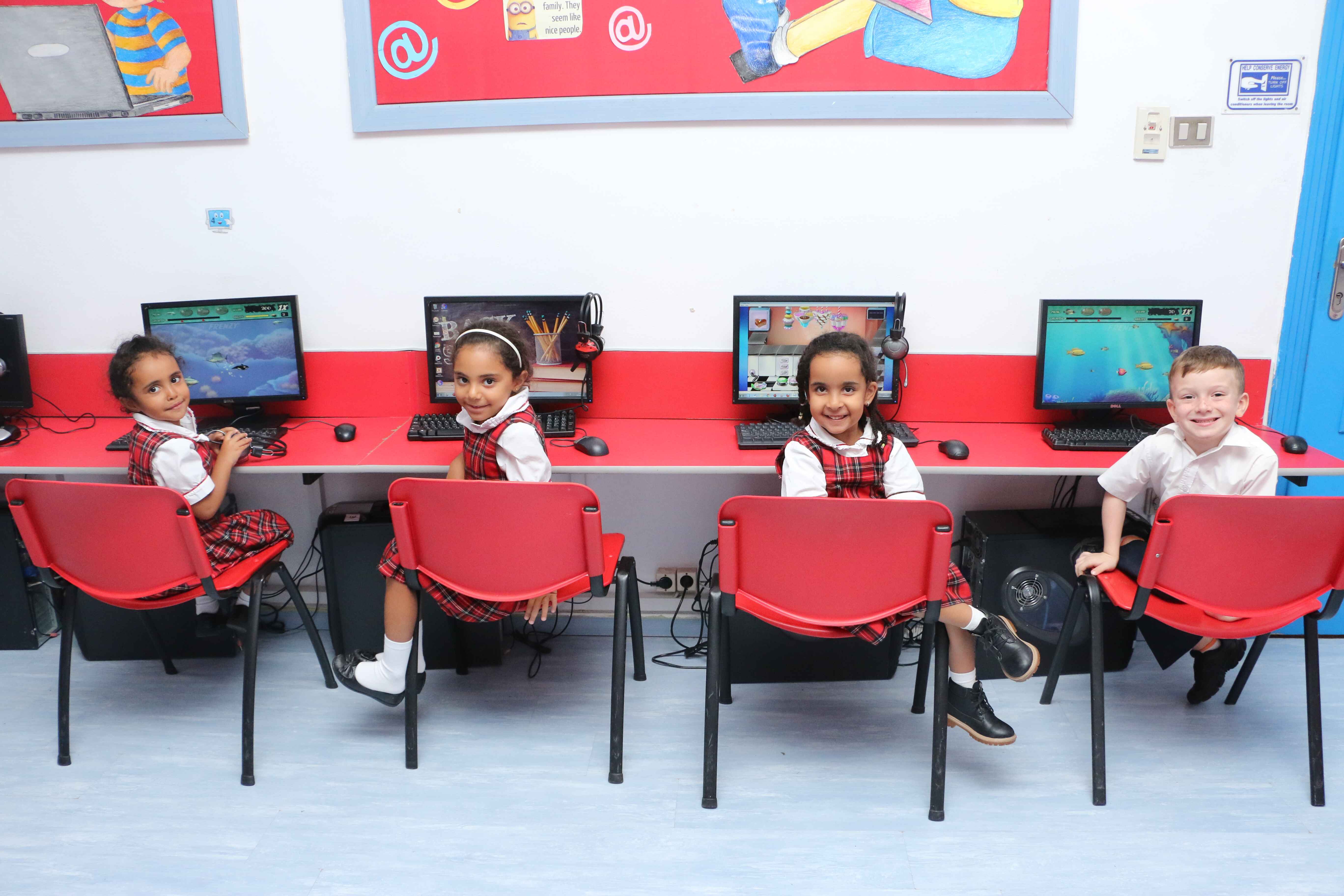
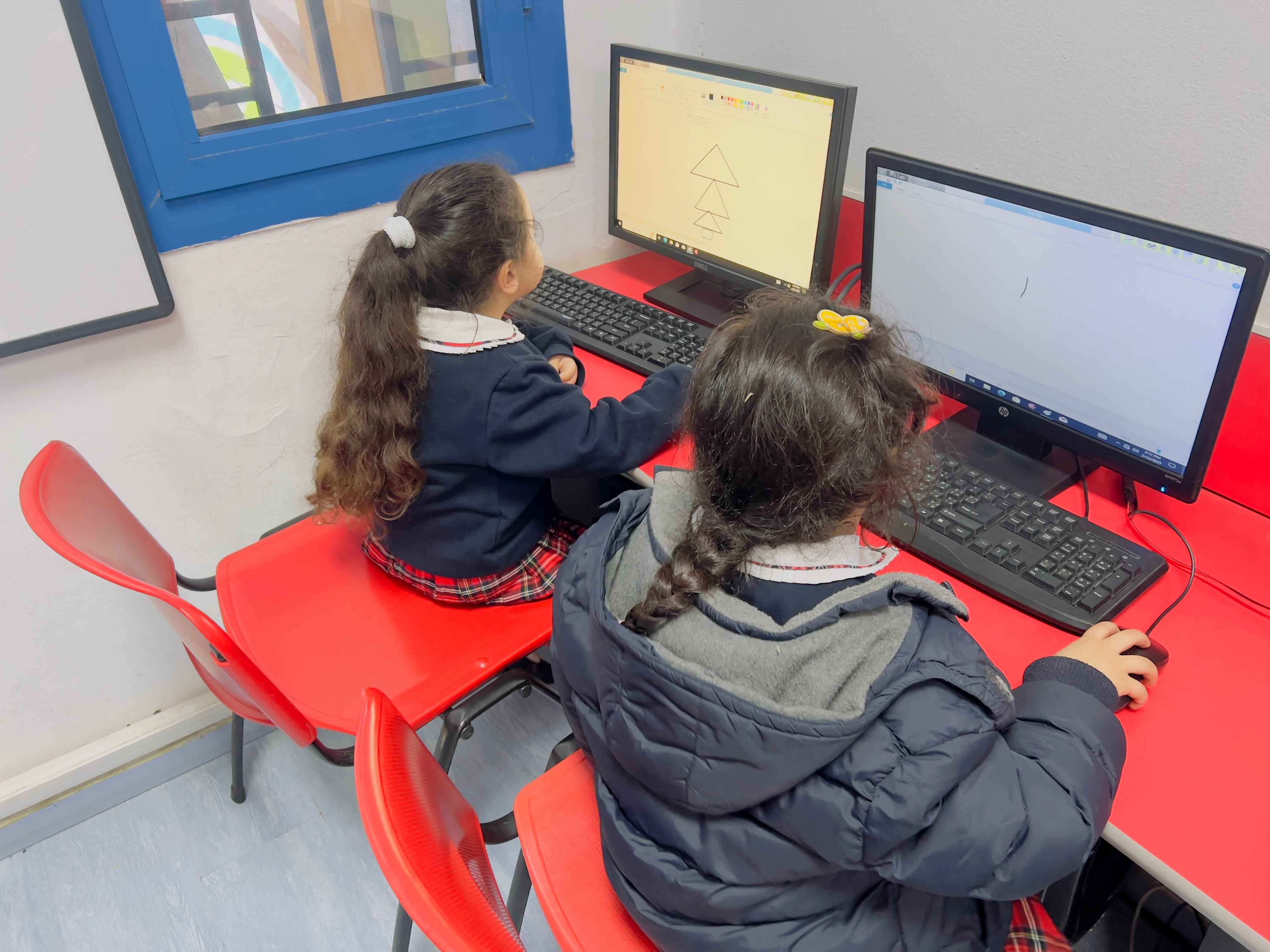
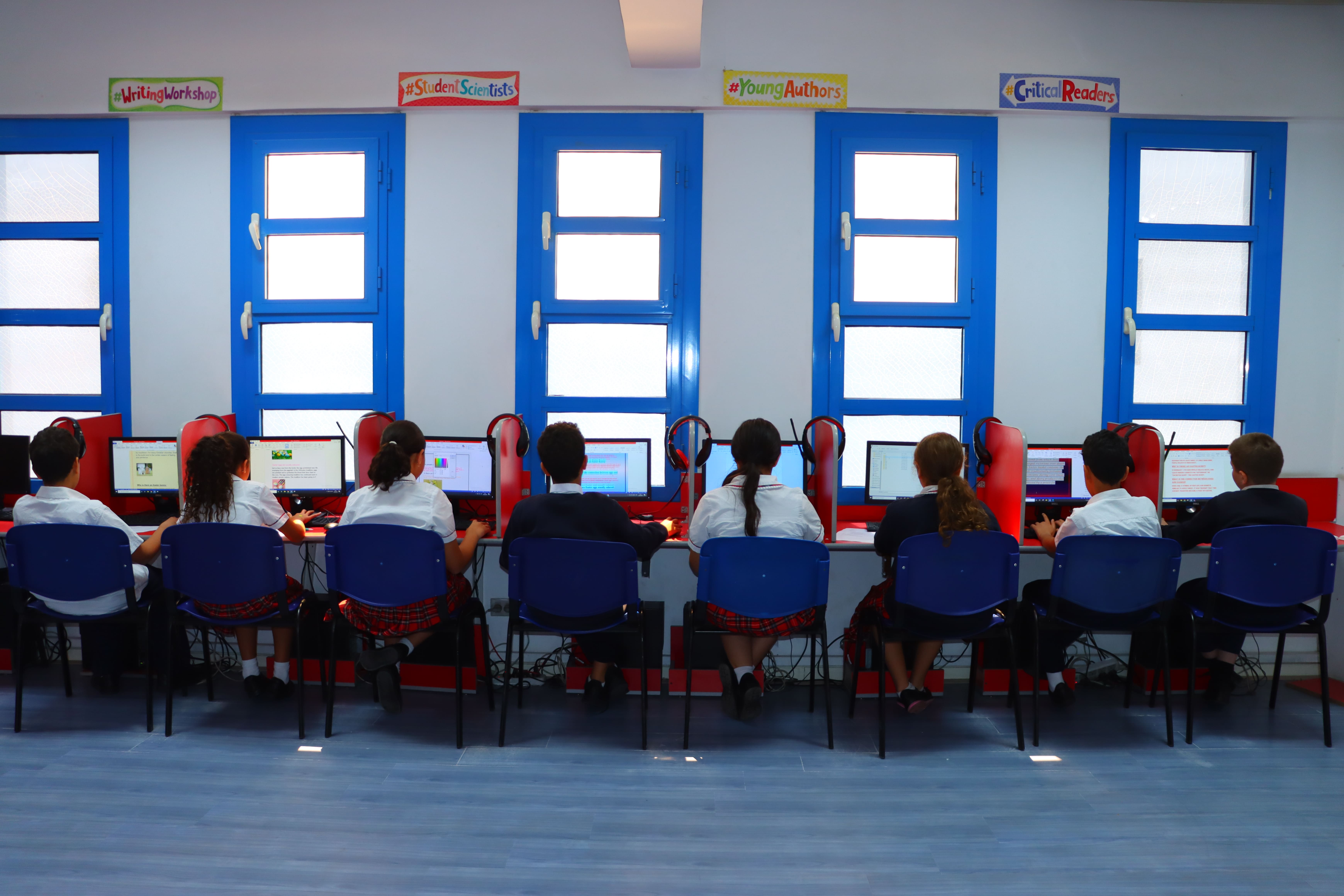
Music
Music is a dynamic and integral part of the curriculum, offering students the opportunity to develop creativity, musicality, and confidence. In line with the British curriculum, our music program encourages students to engage with a wide range of musical styles, from classical to contemporary, while fostering skills in performance, composition, and music theory. Students are encouraged to explore their talents through singing, playing instruments, and collaborative projects, enhancing their ability to work as part of a team. Music also promotes key life skills such as discipline, focus, and communication, helping students build a lifelong appreciation for music and the arts.
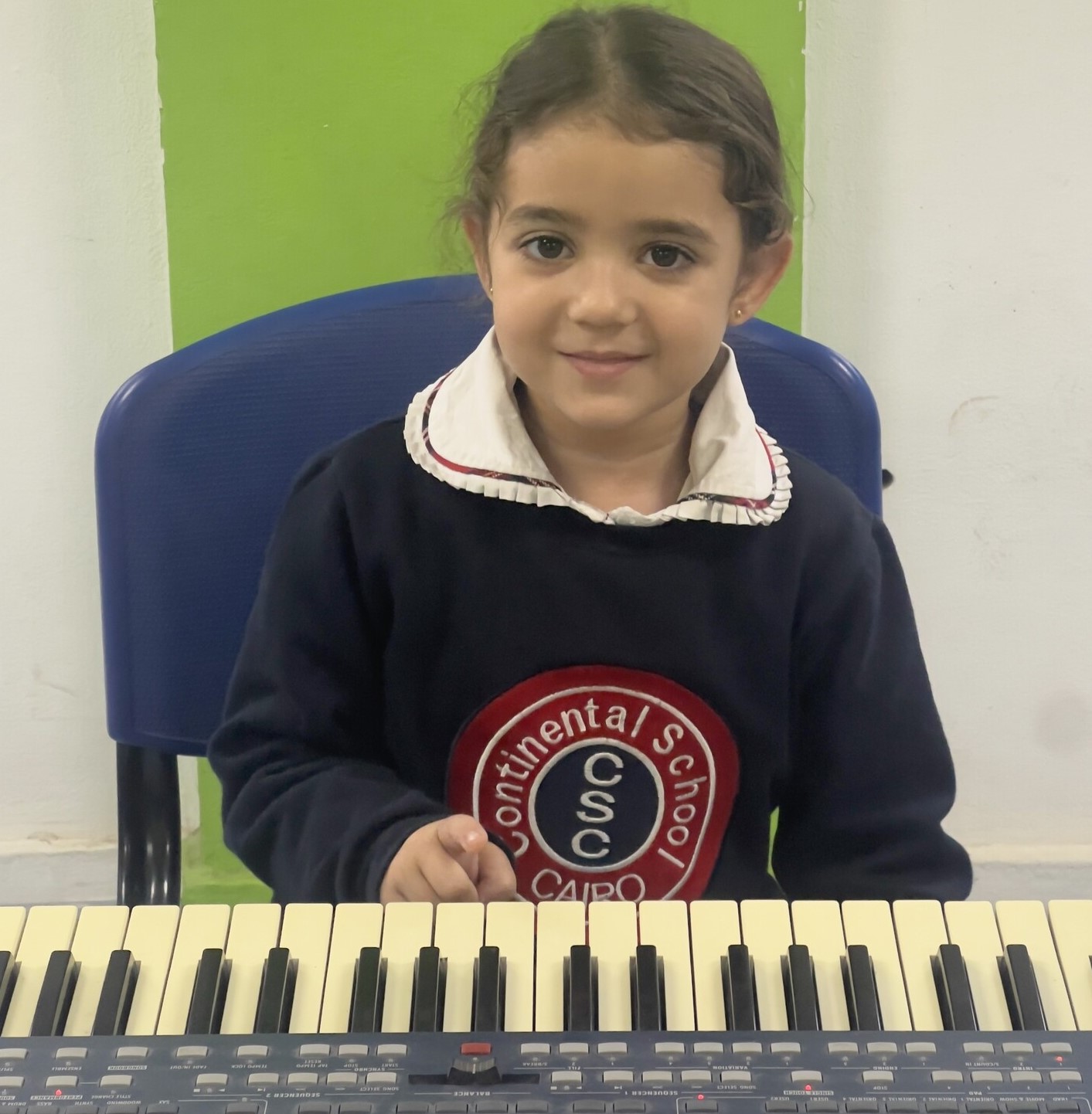
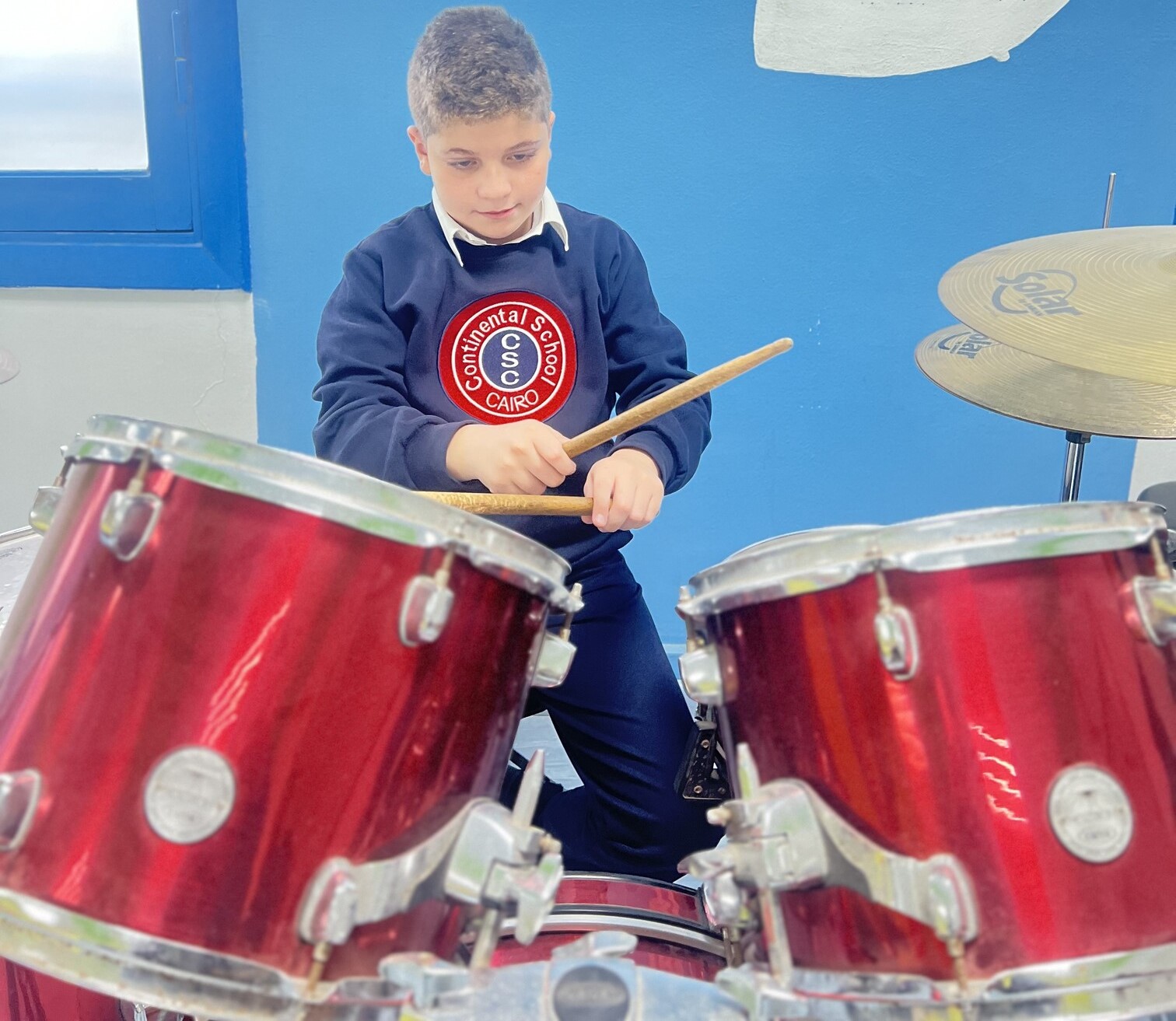
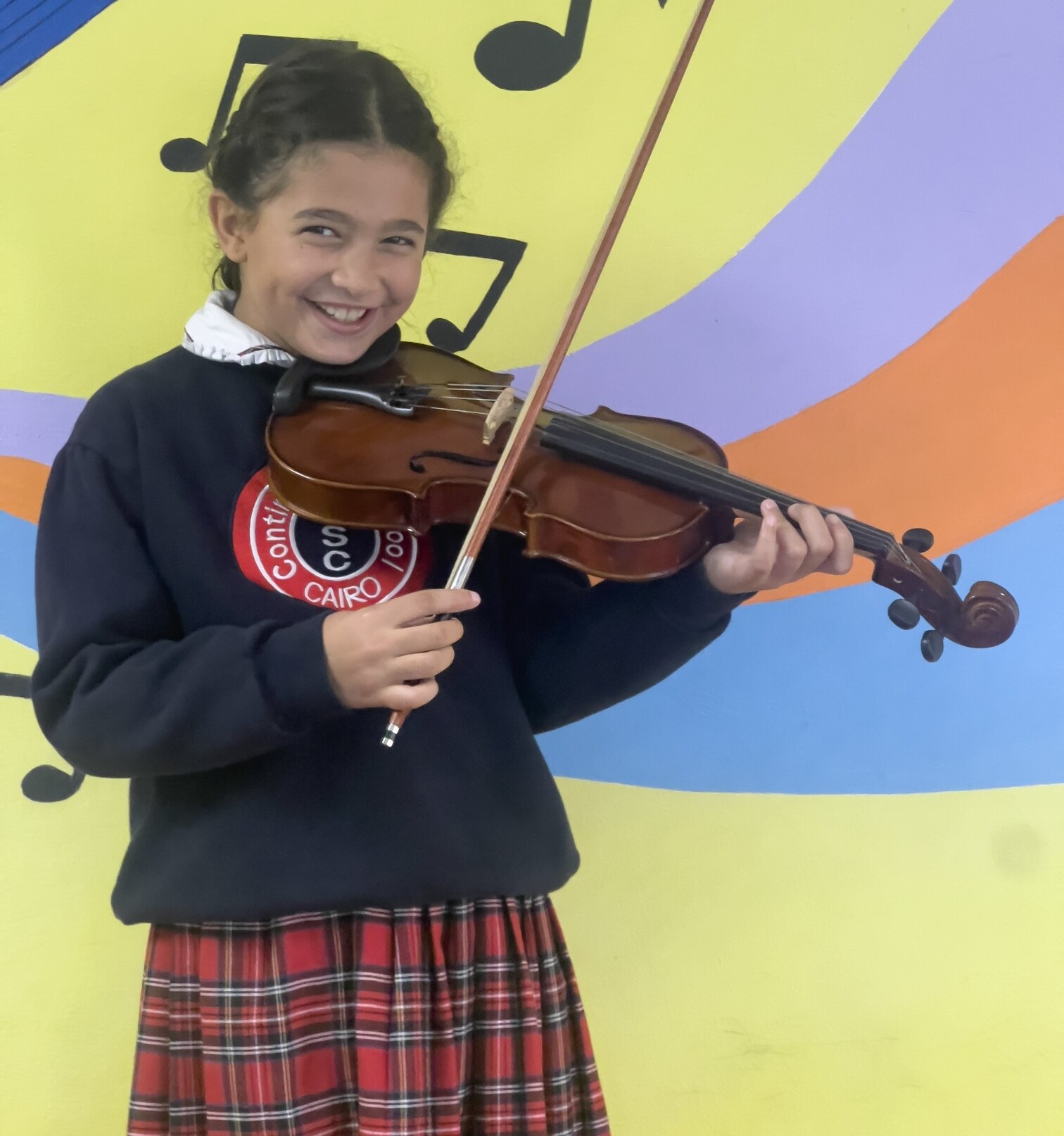
Art & Craft
Art and Craft is a vital part of the curriculum, offering students the opportunity to express their creativity and develop a wide range of practical skills. In line with the British national curriculum, our program encourages students to explore various techniques, materials, and artistic styles, from drawing and painting to sculpture and printmaking. Through these activities, students enhance their understanding of visual language, while also developing critical thinking, problem-solving, and fine motor skills. Art and Craft fosters confidence in self-expression and provides a platform for students to explore their individual creativity, enriching their learning experience and encouraging a lifelong appreciation of the arts.
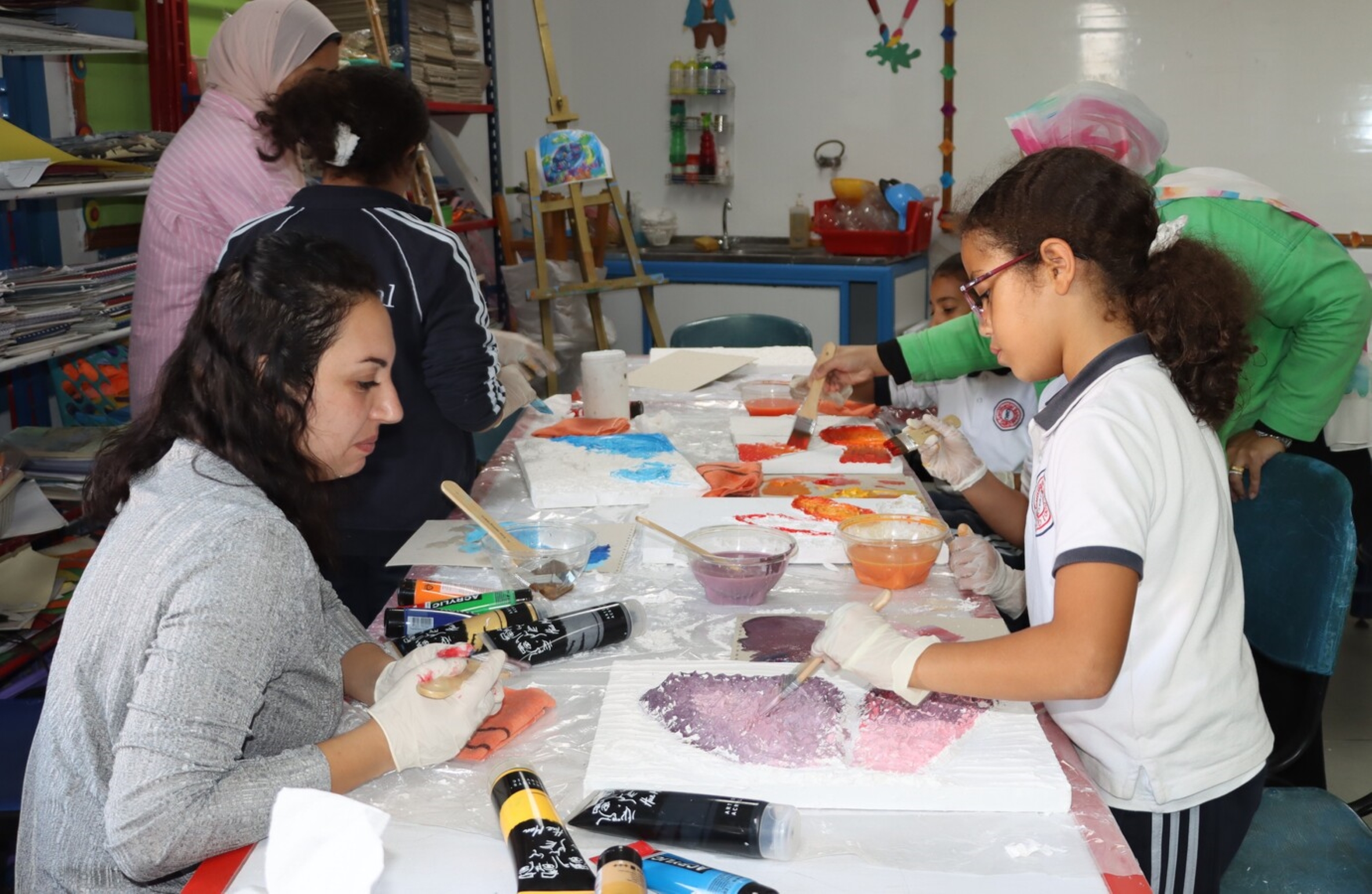
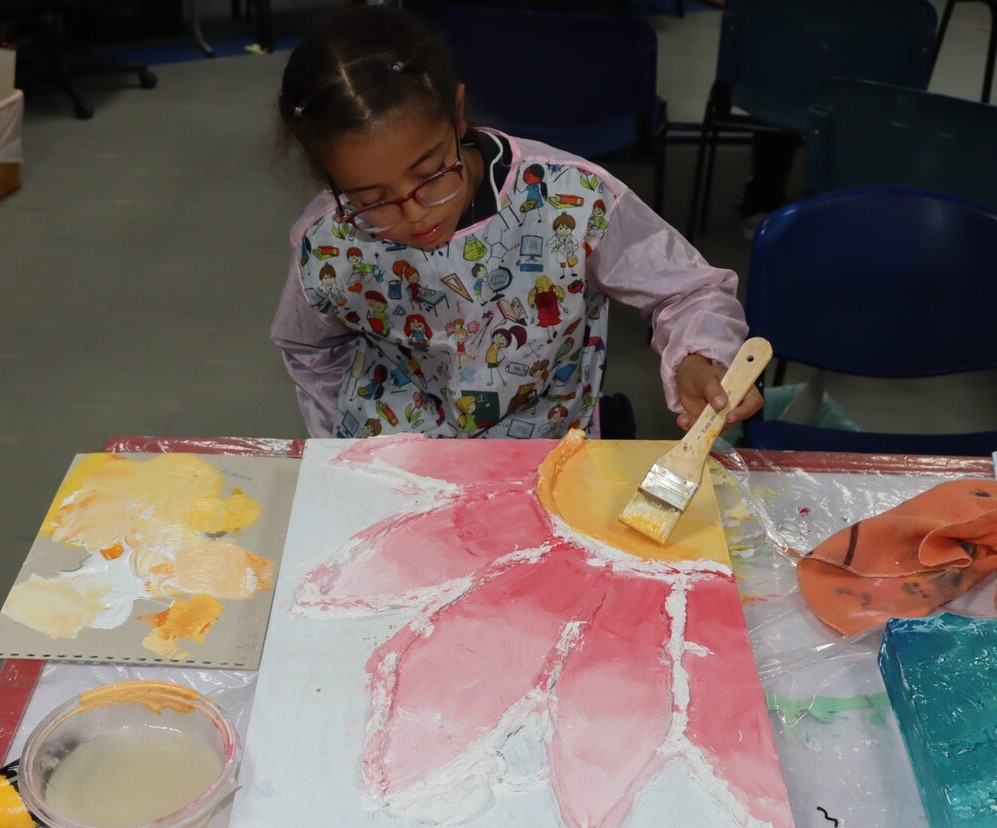
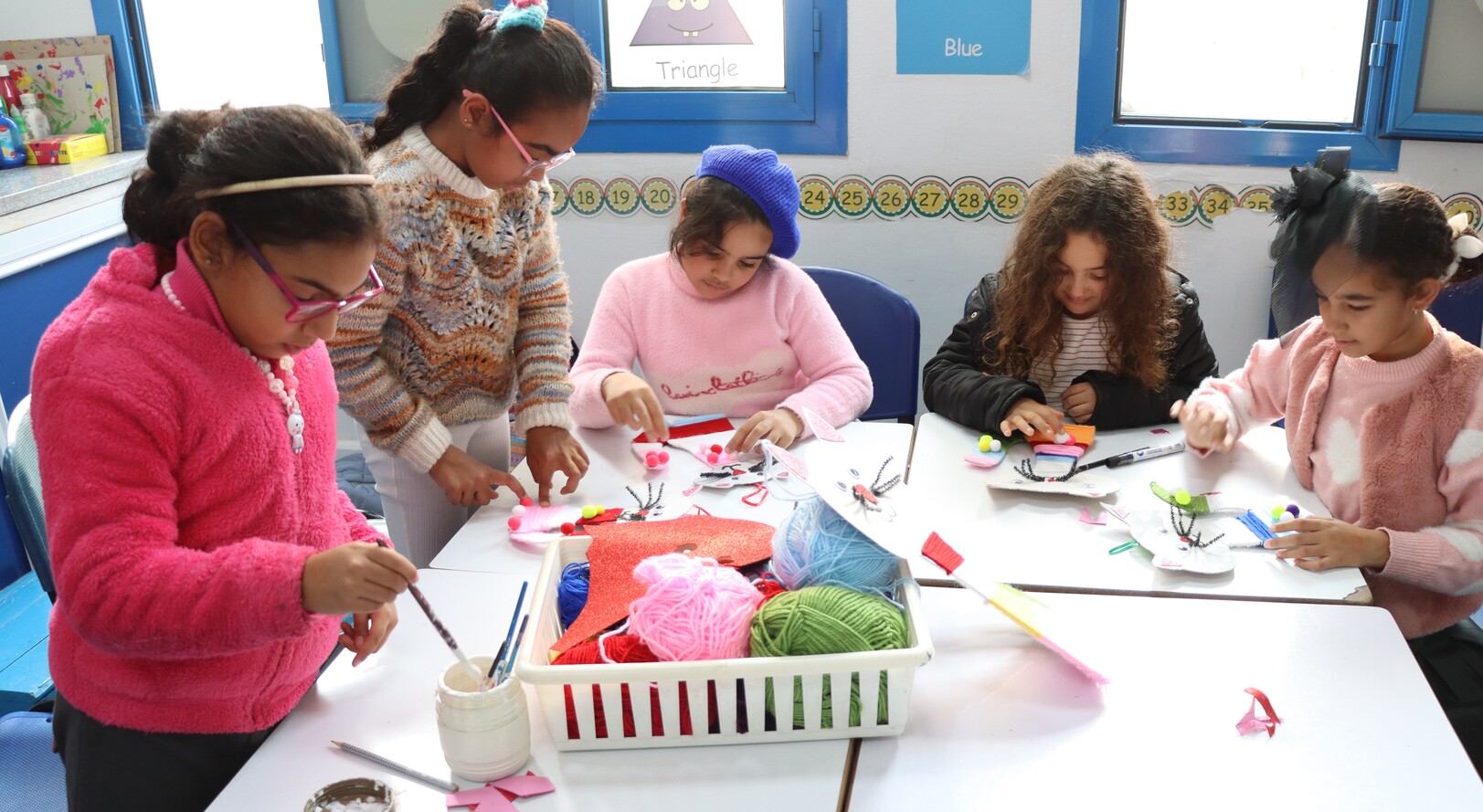
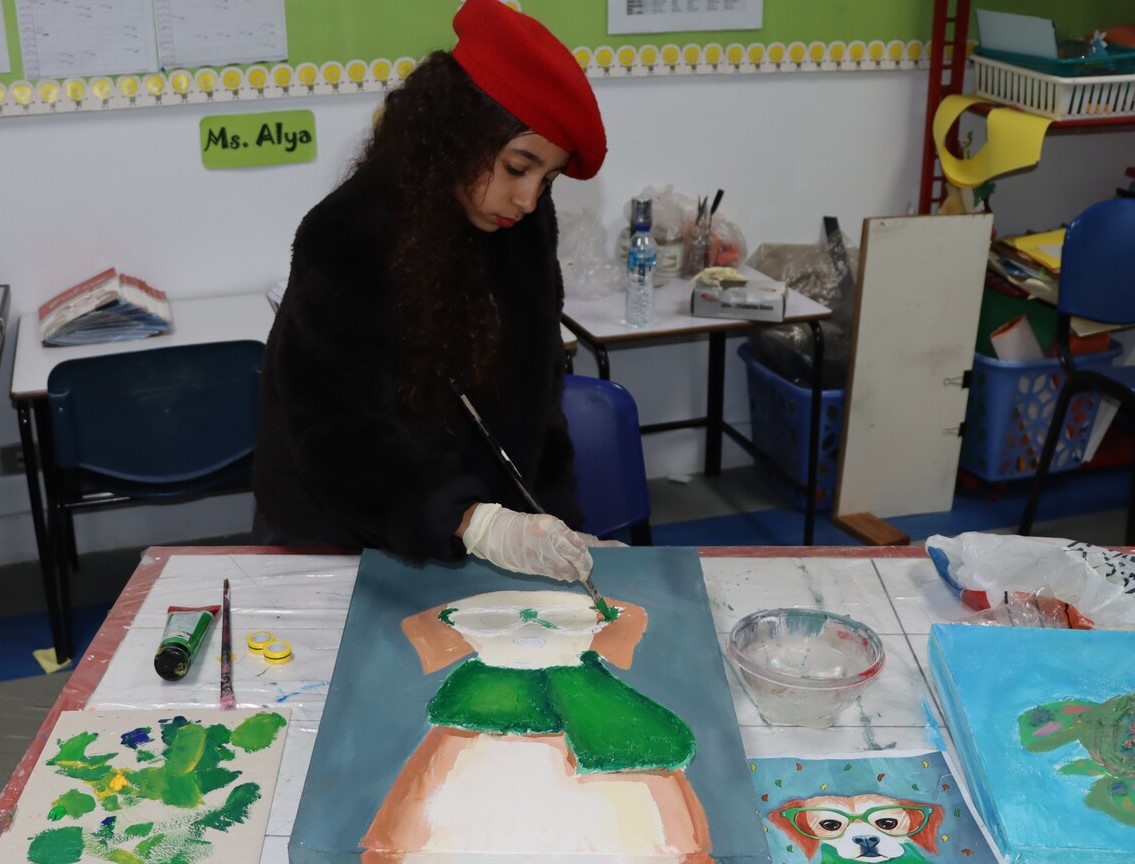
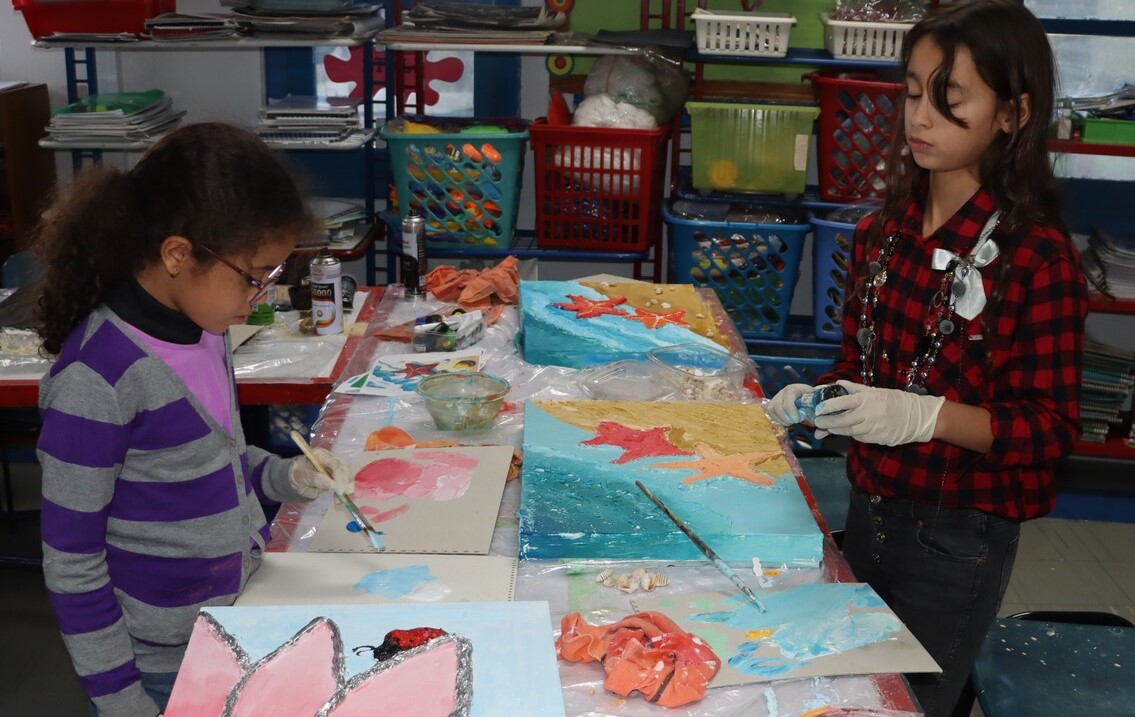
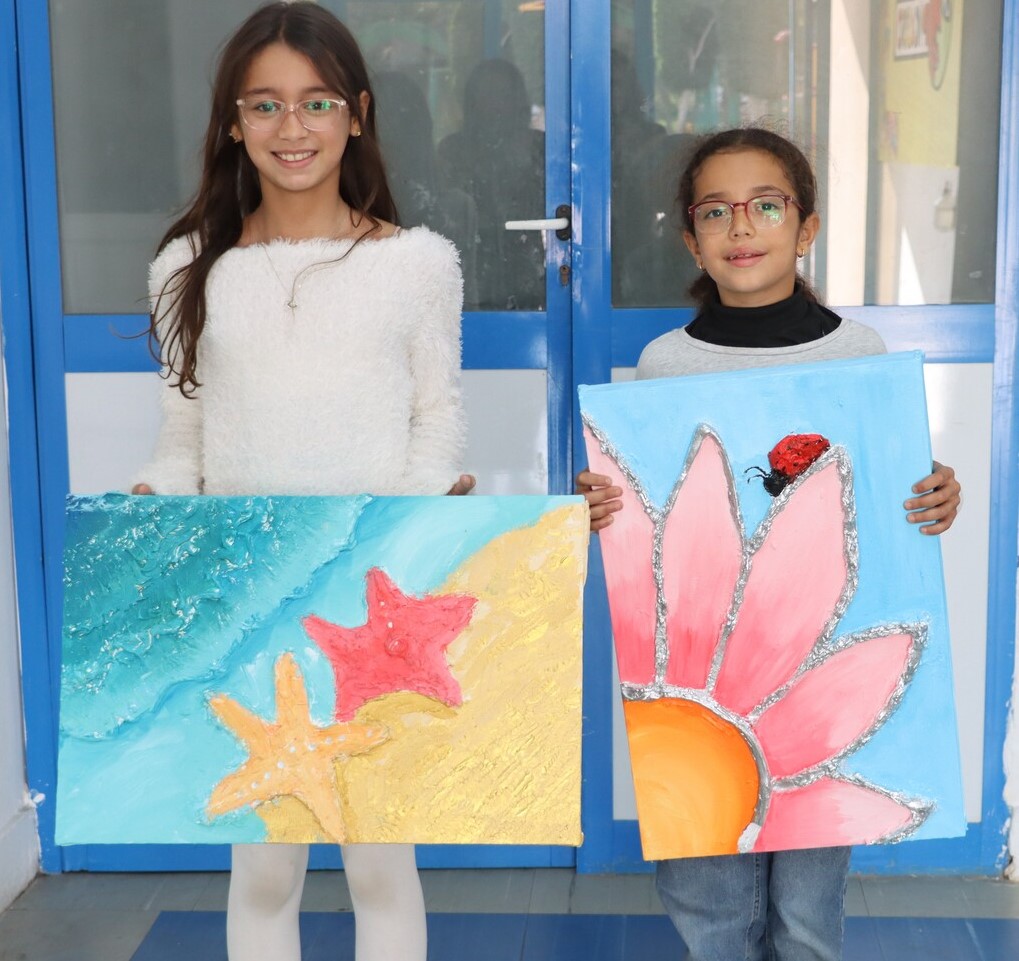
Sports
We believe that physical education is essential in promoting a healthy lifestyle and balancing academic rigour. Our school provides a wide range of sports activities, from individual disciplines to team-based games, ensuring that every student can find an area where they excel or enjoy participating. Students engage in regular lessons designed to improve fitness, coordination, and agility, while also learning the value of cooperation and sportsmanship.
Our school also boasts excellent sports facilities, including a football court, basketball and volleyball courts, and a swimming pool, all of which are used for both recreational and competitive purposes. We have established school teams in various sports, and these teams regularly compete in regional competitions, giving students the chance to test their skills against others and gain valuable experience in high-pressure situations. Through these competitions, students build confidence, learn to handle both success and defeat, and develop a strong sense of pride in representing the school. Sports at our school are more than just physical activities—they help shape well-rounded individuals who understand the importance of hard work, dedication, and teamwork.
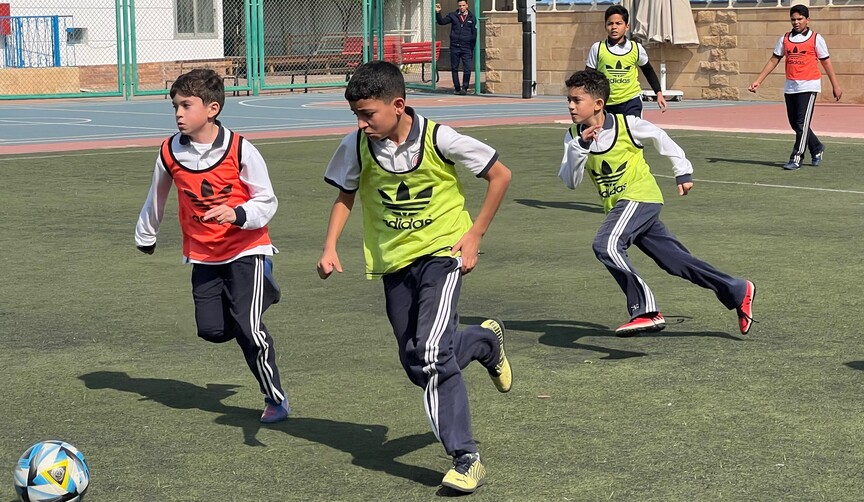
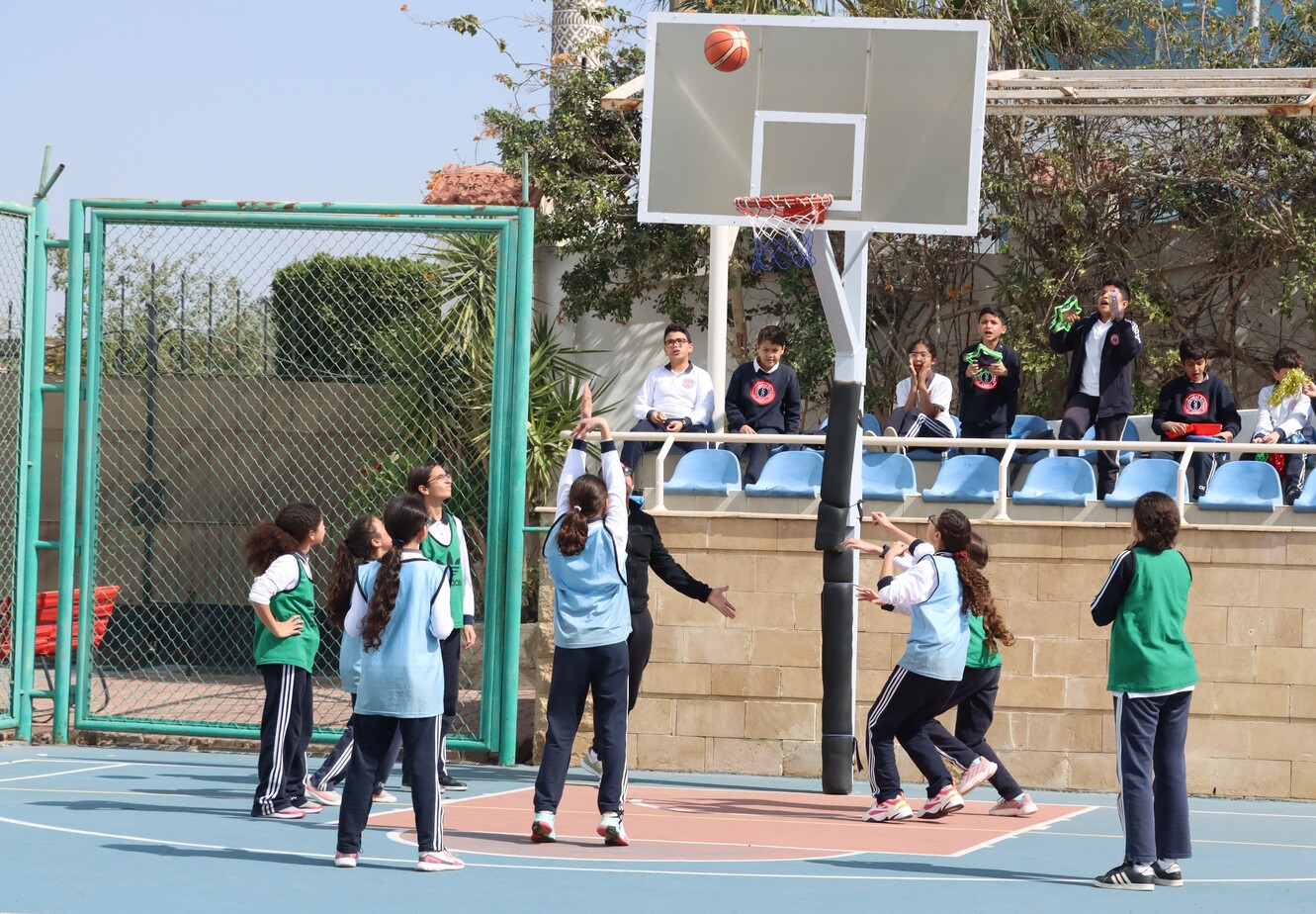

Continental Language School (CLS)
Overview
The CLS is a co-educational language school that follows the Egyptian National Curriculum but the medium of instruction is English. Apart from Arabic, Religious Studies and French, all other subjects are taught in English with experienced members of staff teaching Literacy. The School is fully accredited and licensed by the Egyptian Ministry of Education.
Students follow a broad and balanced curriculum which includes daily literacy and numeracy lessons, ensuring the children have a good grounding in these areas. In module lessons, the students study a variety of exciting science, history and geography topics designed to stimulate the student’s natural interest and curiosity.
The CLS has maintained its position at the forefront of children’s education since its inception in 2000 and has established and maintained ethics and academic standards of the highest level.
Lower School
Lower School (KG1 & KG2)
The Lower School starts with KG1 classes which pupils usually join when they are 3.6 – 4 years old. KG2 classes are usually reserved for pupils who have progressed from our KG1 classes, with very few places available for those transferring from other schools.
The programme of work in the Lower School is structured along the requirements of the Ministry of Education with some aspects of the British National Curriculum incorporated into the programme. This combination successfully prepares students to pursue either the National or International curriculum when they enter Primary 1.
Approach to Learning in the Lower School
While much of the early teaching focuses on developing attentiveness, concentration, control, responsiveness and self-esteem, pupils also enjoy a classroom environment where they feel both valued and secure and where they can participate in stimulating learning situations.
In the Lower School, emphasis is placed on speaking and listening. Pupils are therefore given plenty of opportunities to talk, including telling real and imagined stories, imaginative play, drama, reading and listening to nursery rhymes and learning some of them by heart, reading aloud, exploring, developing and clarifying ideas.
Pupils are also encouraged to predict outcomes and discuss possibilities, describe events, make simple and clear explanations of choices, and give reasons for opinions and actions. The aim is to teach pupils to communicate effectively, to speak with confidence, to listen with concentration and understanding, and to participate in discussions.
Much of the work in the Lower school is communal so that pupils learn to share, to give and take, and to live and work together amicably and harmoniously. This is achieved through wide ranging activities which include cooking, baking, sewing, painting, collage, cutting, construction and a wide variety of games. All of these activities develop considerable control in the use of fingers and hands which is necessary for writing.
Often, some of these activities are incorrectly described by adults and pupils as "Just Play" but they are in fact purposeful activities. The pupils are experimenting and finding out what materials will do. This is the beginning of Mathematics and Science. The activities are accompanied by teacher-directed discussion, leading to related work.
A programme for the development of social skills and self-help skills is an integral part of our work with pupils in the Lower school.
After the child’s many and varied experiences in KG1 and KG2 classes, the young pupil continues through the successive stages of social, emotional, physical and academic development towards readiness for higher scholastic levels in the Primary School.
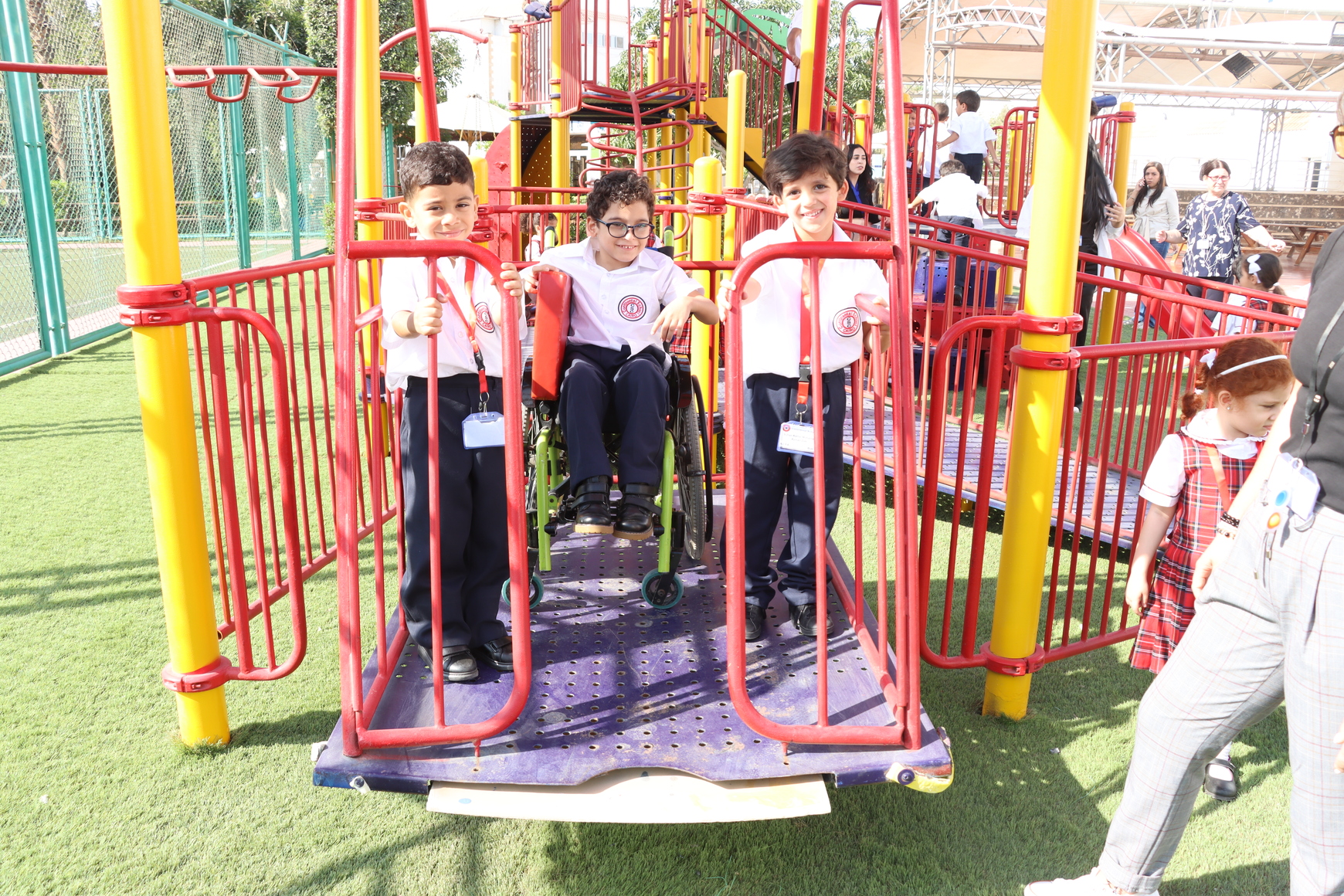
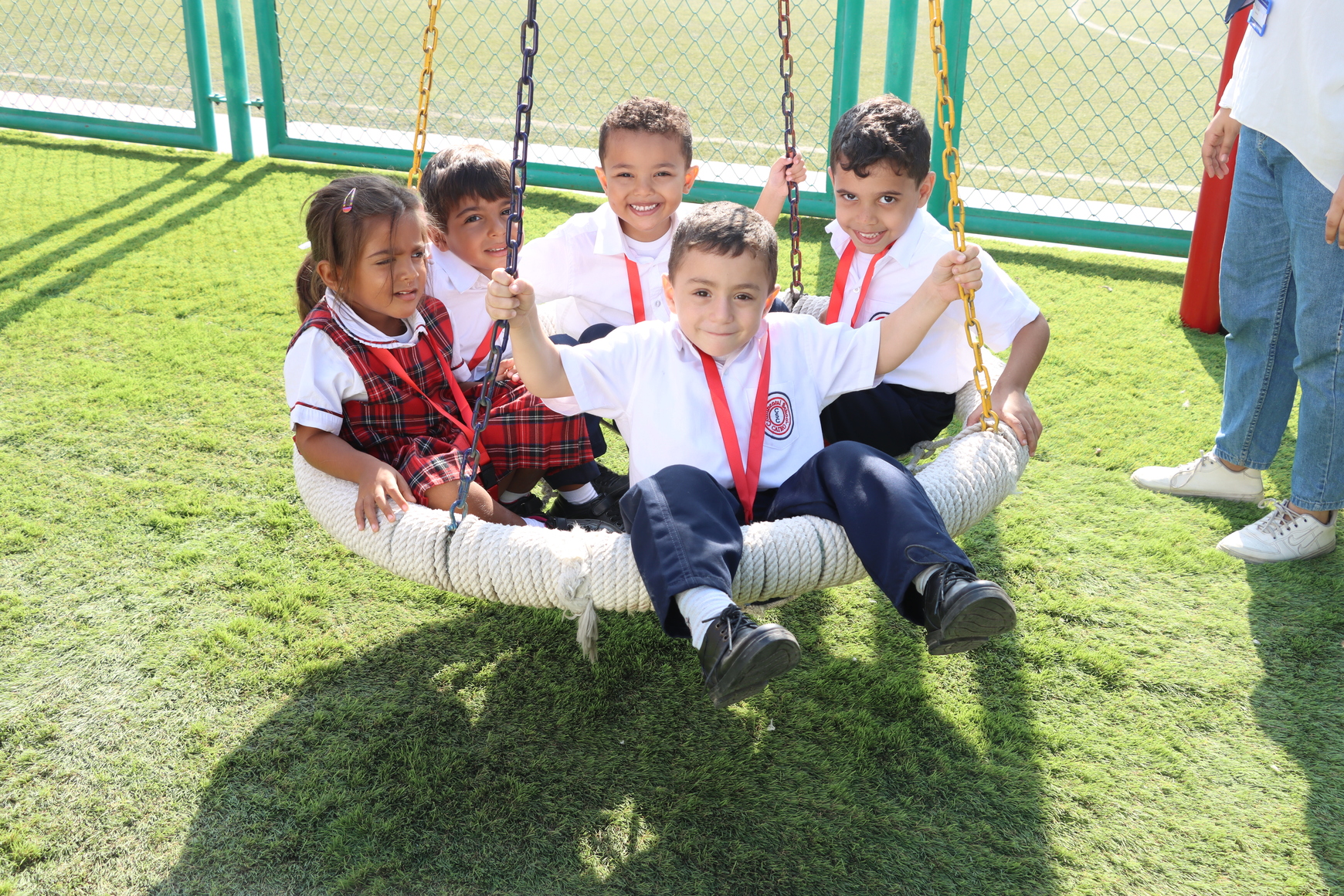
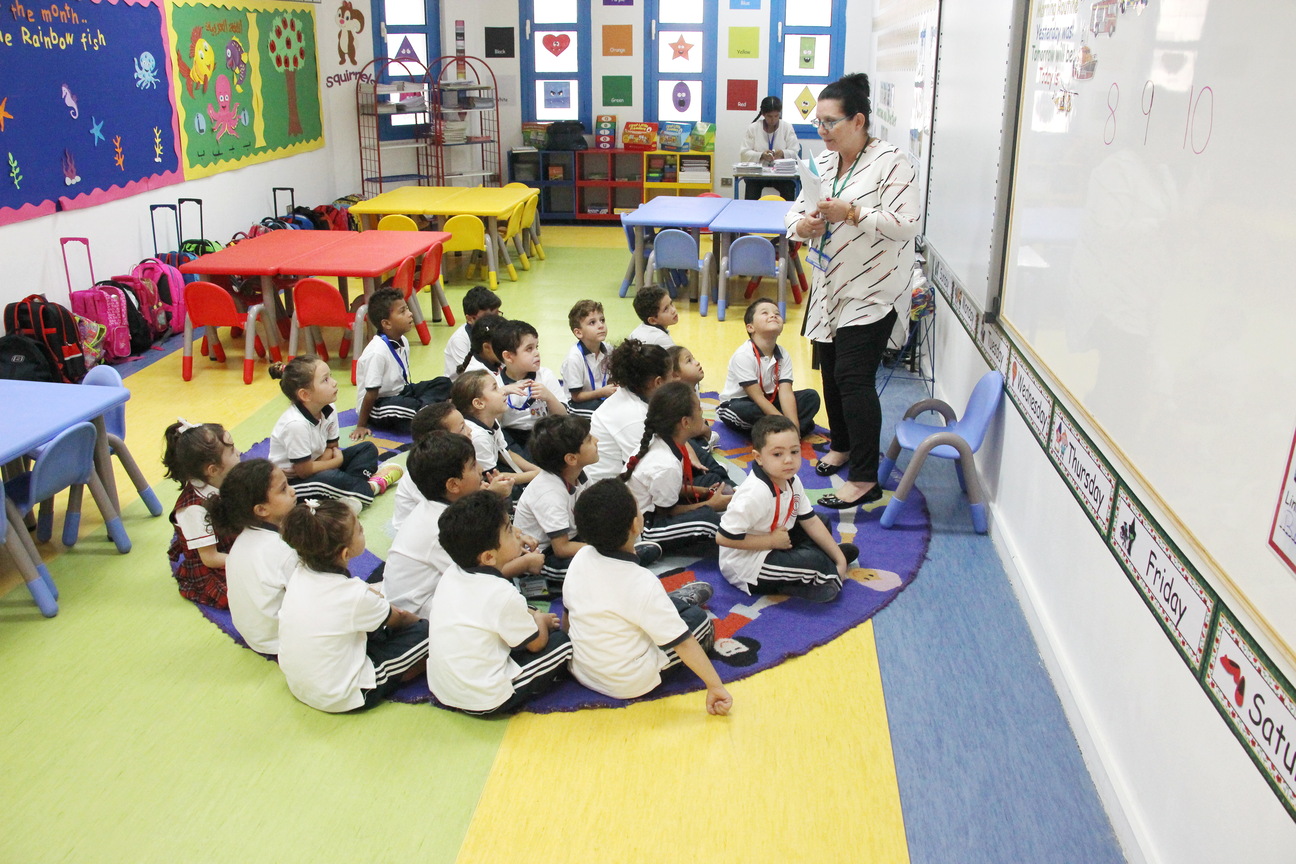
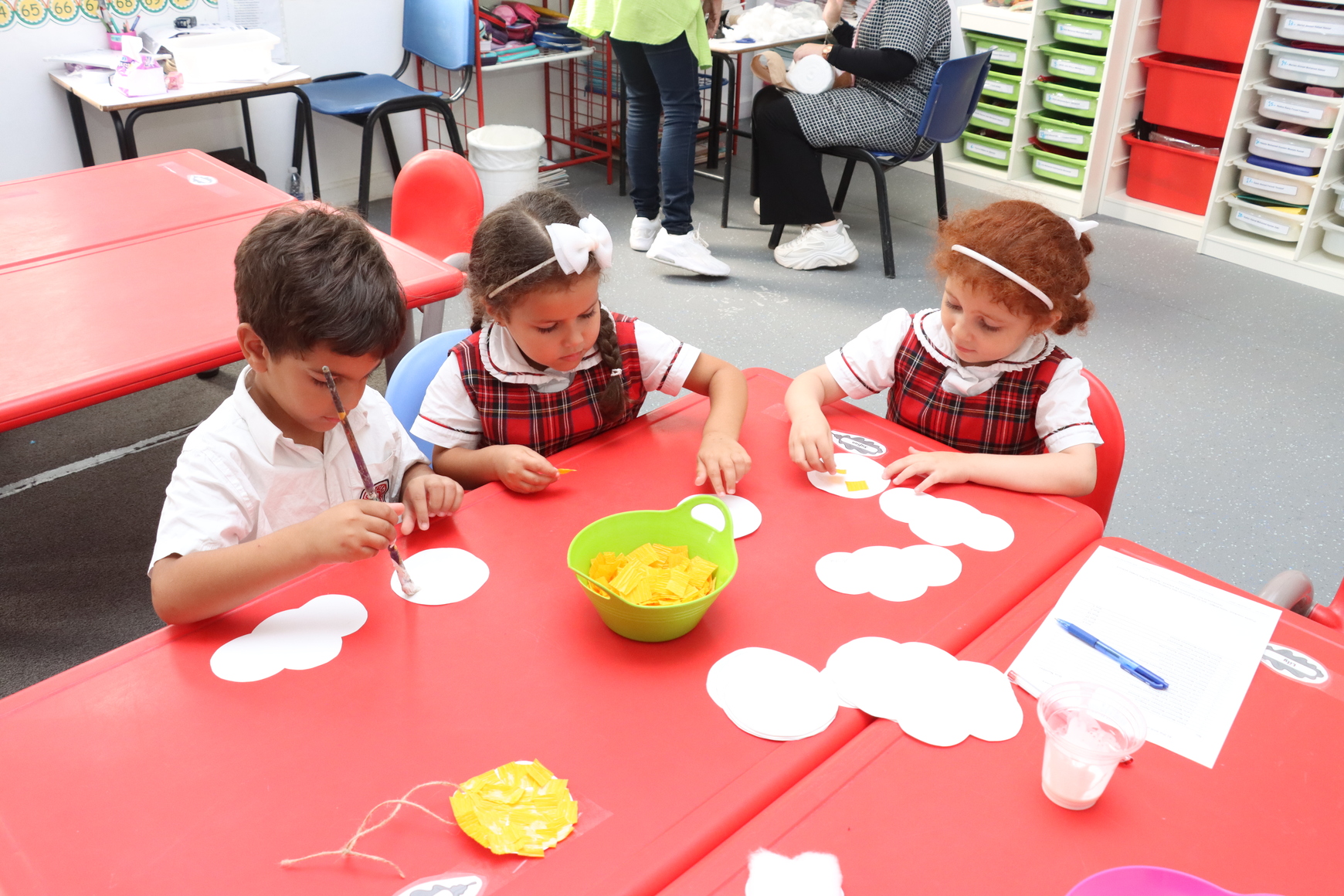
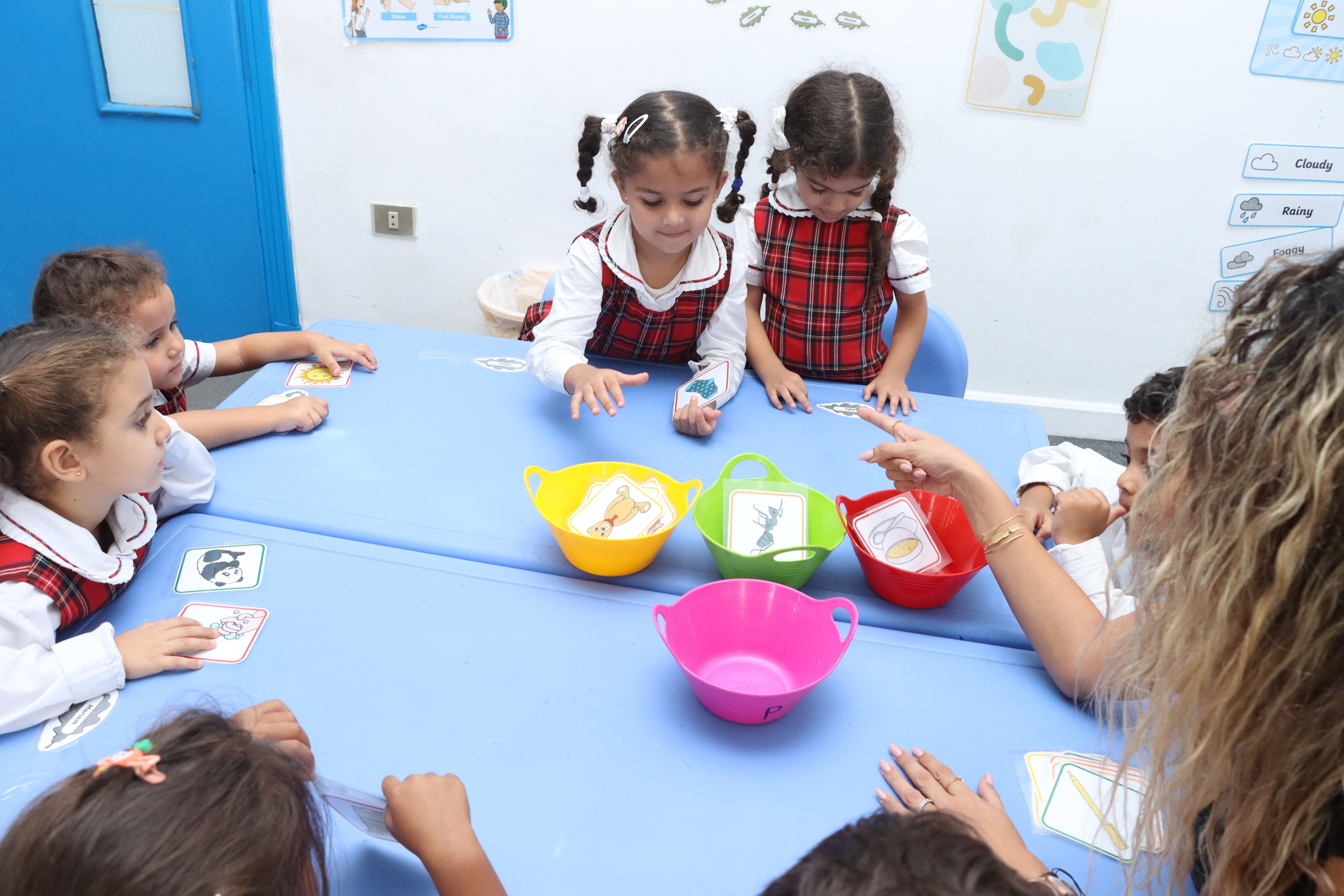

Primary School
After the child’s many and varied experiences in the lower school, the young student continues through the successive stages of social, emotional, physical and academic development towards readiness for higher scholastic levels in the Primary School.
The Primary School starts with Year 1, which pupils normally join when they are 5.6 years old, and continues until Year 6. The programme of work mostly consists of subjects and assessment requirements as set out by the Ministry of Education. In addition to this, students also take additional Literacy lessons to ensure they have a strong grasp of the English language and can use it to communicate both orally and in written form strongly and effectively.
Throughout primary education years, teachers take into account the holistic nature of early learning experiences and recognise that the education of the whole pupil, at this stage, can do much to facilitate future progress. The class teacher will build on the child’s strengths and assist with any weaknesses, as the teacher will have a thorough understanding of the child as an individual. This creates the firm foundation which is necessary for pupils to cope with the progressively more advanced work throughout the Primary School and beyond.
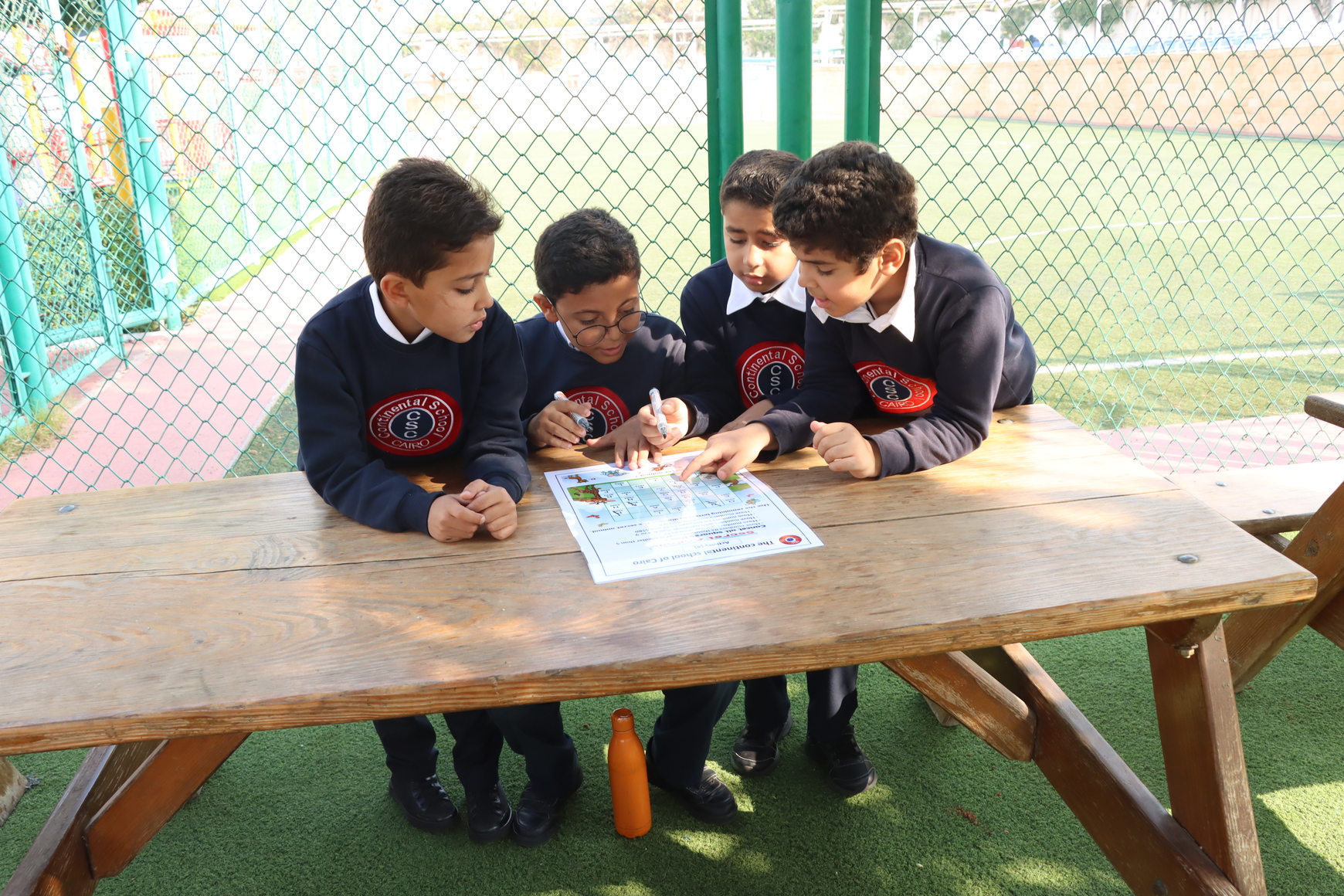
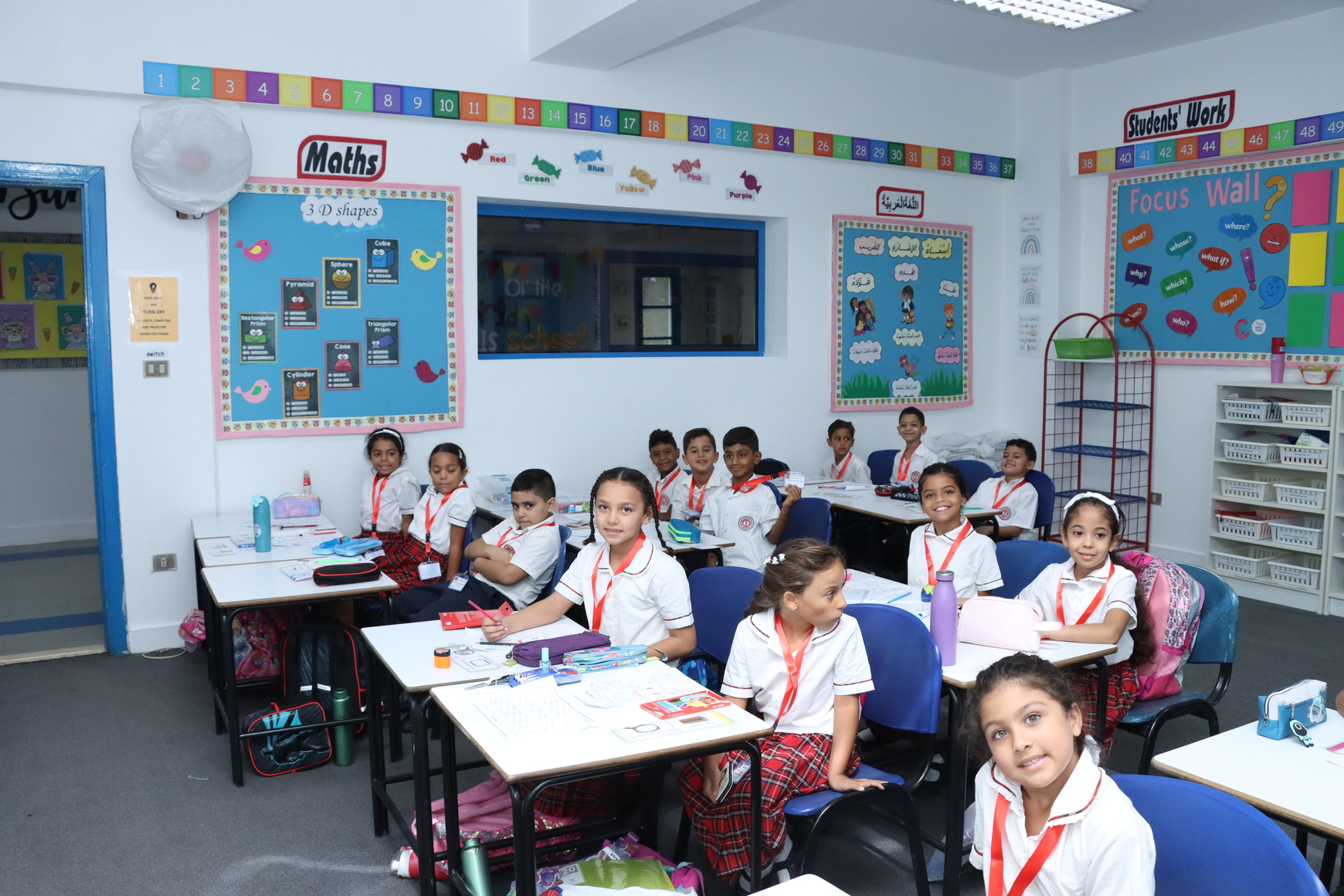
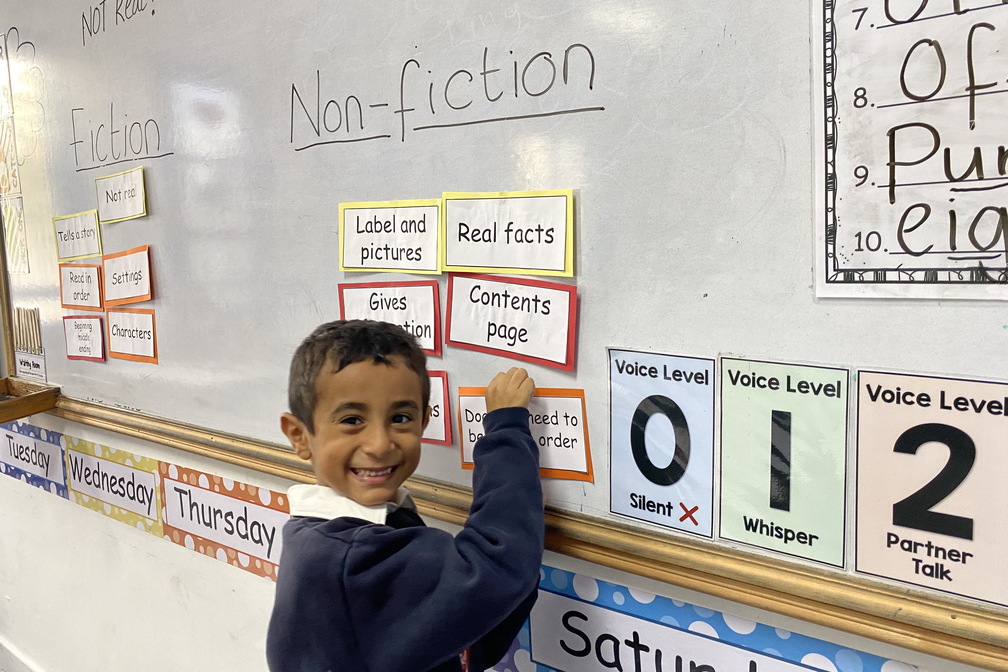
Preparatory School
After completing the Primary School successfully, students are ready for the more mature learning environment provided in the Prep School. In the Preparatory School, the process of learning is different and the programme of work takes on a more concentrated approach. Throughout their studies, students are continuously assessed, their progress closely monitored, and studies take on a more formal approach. Students are increasingly taught to be independent and self-reliant. Specialist subject teachers prepare students for a variety of future examinations leading to National and international certificates.
Continental School of Cairo (CSC)
Overview
CSC is a British International school for learners with SEND. The school caters for learners with mild to moderate learning difficulties through individually tailored programmes.
CSC has the following objectives:
- To provide a caring, happy and stimulating learning environment.
- To develop a child's full potential academically, socially and physically.
- To teach the skills necessary to equip our students on their journey to becoming independent members of society.
- Finally, we intend to send our children into adult life with self esteem, self confidence, self respect and a sense of responsibility towards others.
Growing up is a matter of getting to know oneself and having the confidence to be oneself. It is the job of the teacher to foster these developments, especially where there is a special need, with extra help and encouragement and to guide children towards the goal of personal fulfillment.
Here at the Continental School of Cairo, your child will be given that opportunity.
The Continental School of Cairo is a British style Special Education School which follows the British National Curriculum and the medium of instruction is English. The school is recognised and licensed by the Egyptian Ministry of Education and is also authorized by the University of Cambridge Local Examination Syndicate (UCLES) to prepare students with special educational needs for the IGCSE examinations under the auspices of the British Council in Cairo. Furthermore, students in our Vocational classes also work towards gaining accredited Pearson BTEC Awards and Certificates in workskills and TeamWork.
Today, the CSC is a truly international community with children representing several nationalities. The school is open to boys and girls of all nationalities and beliefs from the age of 4 years upward.
Students who join us benefit from individually tailored programmes that address their needs and release their potential, something many of them have not found in regular schools that follow a standard curriculum under typical classroom conditions.
Wherever possible, CSC will attempt to meet the demand of parents whose children require special education in the following categories:
- Mild to moderate learning difficulties
- Specific Learning Difficulties
- Mild to moderate Autism
- Dyslexia
- Hearing deficiency
- Speech deficiency
- Slow Learners
- Attention Deficit Disorder (ADD)
CSC will also consider applications from parents whose children have other learning difficulties, subject to an entry assessment.
Structure and Aims
The aim of the curriculum is to realize the school's philosophy: To equip all of our children with the necessary skills and attitudes required to take their place in society.
The purpose of education for all children is the same; the goals are the same; first, to enlarge a child’s knowledge, experience and imaginative understanding, and thus his awareness of moral values; and second, to enable the child to enter the world after his formal education as an active participant in society and a responsible contributor to it, capable of achieving as much independence as possible.
But the help that individual children need in order to progress will be different. For some, the knowledge will not be spontaneously acquired and has to be elaborately taught. Pupils with special educational needs may initially have to be taught skills which are prerequisite for the development of skills which will be taught later. They are encouraged to apply the skills in a wide variety of contexts. They may also require considerable and consistent teacher intervention to ensure that they acquire the early skills of language. Teachers take into account the holistic nature of early learning experiences and recognise that the education of the whole pupil, at this stage, can do much to facilitate future progress.
The education programme aims specifically to:
- Help pupils to address their learning difficulties.
- Help pupils to develop lively and enquiring minds, the ability to question and argue rationally and to apply themselves to tasks, and physical skills.
- Help pupils to use language and numbers effectively.
- Foster respect for religious and moral values, tolerance of other cultures and ways of life.
- Help pupils to understand the world in which they live, and the interdependence of individuals, groups and nations.
- To help pupils appreciate human achievements and aspirations.
The Curriculum
The school curriculum comprises 2 main areas; Academic and Vocational.
The Academic Curriculum is based upon the British National Curriculum whilst the Vocational curriculum is based on a number of different programmes, with selection made based on individual student needs.
The programme of study has been developed to accommodate a wide range of abilities and backgrounds. A very favourable teacher/student ratio allows for the type of individual attention necessary for mixed ability teaching. Our student:teacher ratios are very favourable with most classes operating on a 5:1 ratio. For children who require more support and closer attention, 1:1 education is provided.
A Hidden Curriculum is built into the main curriculum. Through the hidden curriculum, children learn and acquire new skills and abilities. For example, play times are used to teach children social behaviour, cooperation with others and teamwork. Similarly, children learn table manners, sharing and independence at meal times.
The British National Curriculum Requirements
The revised British National Curriculum provides teachers with much greater flexibility to respond to the needs of pupils with identified special educational needs. The programme of study in the Junior School will, as far as possible, meet the requirements of Key Stage 1 and Key Stage 2 of the British National Curriculum.
A comprehensive range of subjects will be offered in the curriculum. Emphasis will be placed on the three core subjects as presented in the British National Curriculum in addition to seven other subjects. The following information is merely an outline of the school's curriculum.

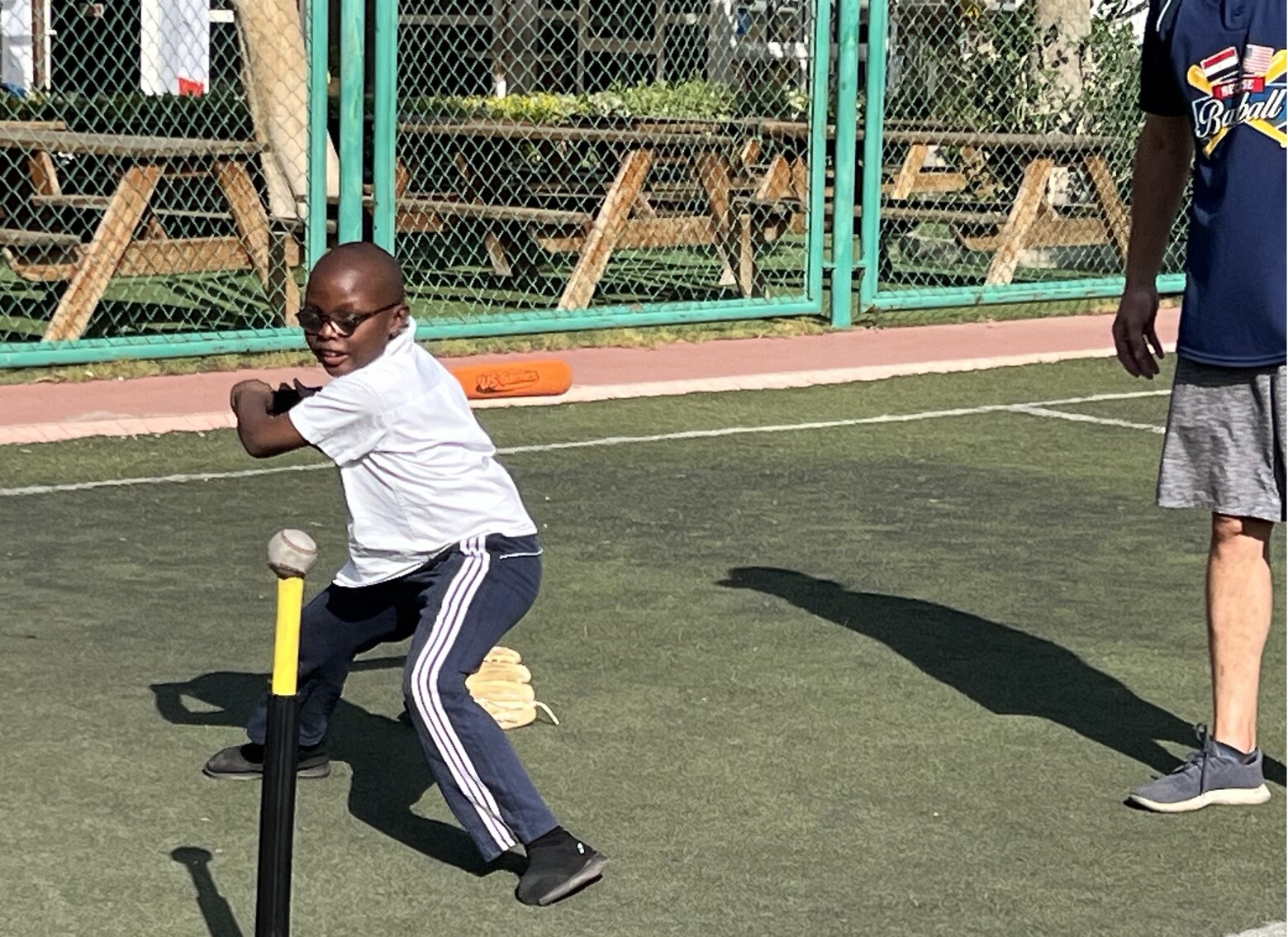

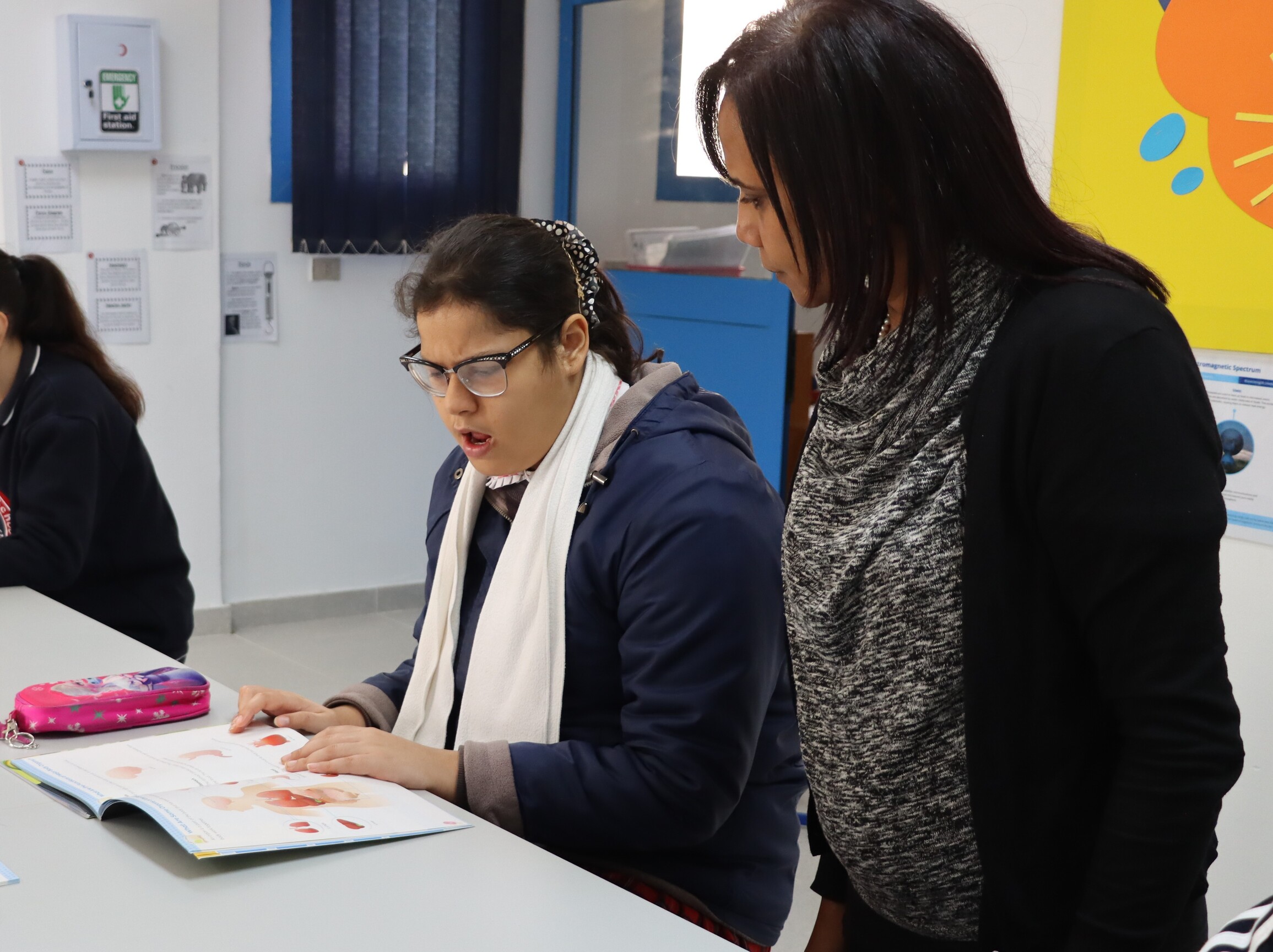
Core Subjects
English - Mathematics - Science
Additional Subjects:
Arabic - Topics (History - Geography) - Music - Computer Studies - Art & Craft - Physical Education
Non Academic Sessions
Vocational Training (including BTEC for age 14+) - Independent Living Skills - Social Skills - Community Skills
At the beginning of the academic year, and after an initial 6-week observation & assessment period, each individual student is issued with an Individual Learning Plan (ILP), which states all the objectives for that student across all disciplines throughout the academic year. When ILP’s are issued, they are then discussed with parents to ensure an ongoing collaboration between school and home. At the end of the school year, students are assessed on their achievements in their ILP objectives. Any unmet objectives are carried over to the next year’s programme.
Autism Unit
The Autism unit caters for children on the spectrum through the University of North Carolina TEACCH program. This structured approach has been instrumental in helping children learn and progress. The academic objectives are based on the British National Curriculum, but more weight is placed on skills that teach children to communicate, develop social skills and generalise learnt knowledge to different situations, which is among the core difficulties children with Autism face. Teacher to student ratio may be higher in this class and at times it may be necessary to have individual support, until the child is able to work within a group setting. The ILP may include additional objectives.
Additional Therapies
Speech & Language Therapy
The school has a fully equipped speech and language centre operated by a full time Speech Therapist. Children who require speech or hearing therapy will be seen by the Speech Therapists for as long as necessary and as often as necessary until an improvement is achieved.
Child Psychologist
The school’s full time psychologist is available for assessment of pupils, student and parental counselling as well as referral to more specialised diagnostic facilities if and when necessary.
Physiotherapy
The school has a full time qualified physiotherapist and a state of the art physiotherapy centre to assist children with mobility difficulties. It must be noted that the school is not a medical facility and therefore our physiotherapy sessions are limited to assisting children in improving posture, movement and coordination.
Resources
The school is fully equipped with a very wide range of materials, equipment, appliances, teaching aids and other resources to support and supplement the teaching process of children. The variety of resources available to teachers include, left handed scissors, special pencil grips, special reading frames with coloured slides to facilitate reading for dyslexic children, sensory boxes, books with extra large letters that can be felt and traced by fingers, a huge selection of flash cards on almost any topic, puzzles, counters, sound tracks, audio tapes, hearing aids, games, computer software, video tapes, musical instruments, and many other resources to stimulate the child and help in overcoming specific difficulties.